978 Best Alcohol and Drug Rehabs in California 2025
California is one of the most beautiful states in the United States. It boasts cliffs, beaches, volcanic lava beds, fertile river valleys, waterfalls, mountains, and deserts, all of which attract its population. Despite its natural beauty, the state is currently facing a serious issue: an increased rate of illegal substance abuse among its residents.
People who regularly consume illegal substances are prone to develop an addiction problem. Addiction can lead to a rapid decrease in the quality of life of a consumer. Therefore, it is crucial to seek help at the appropriate time. Rehab centers are the perfect go-to place to help you in your commitment to recovery and a healthier lifestyle.
This article aims to explore the different addiction treatment programs available in California. We will also discuss the different types of rehabs, their costs, and the services they offer.
978 Treatment Centers in California, US

7.27

6.81
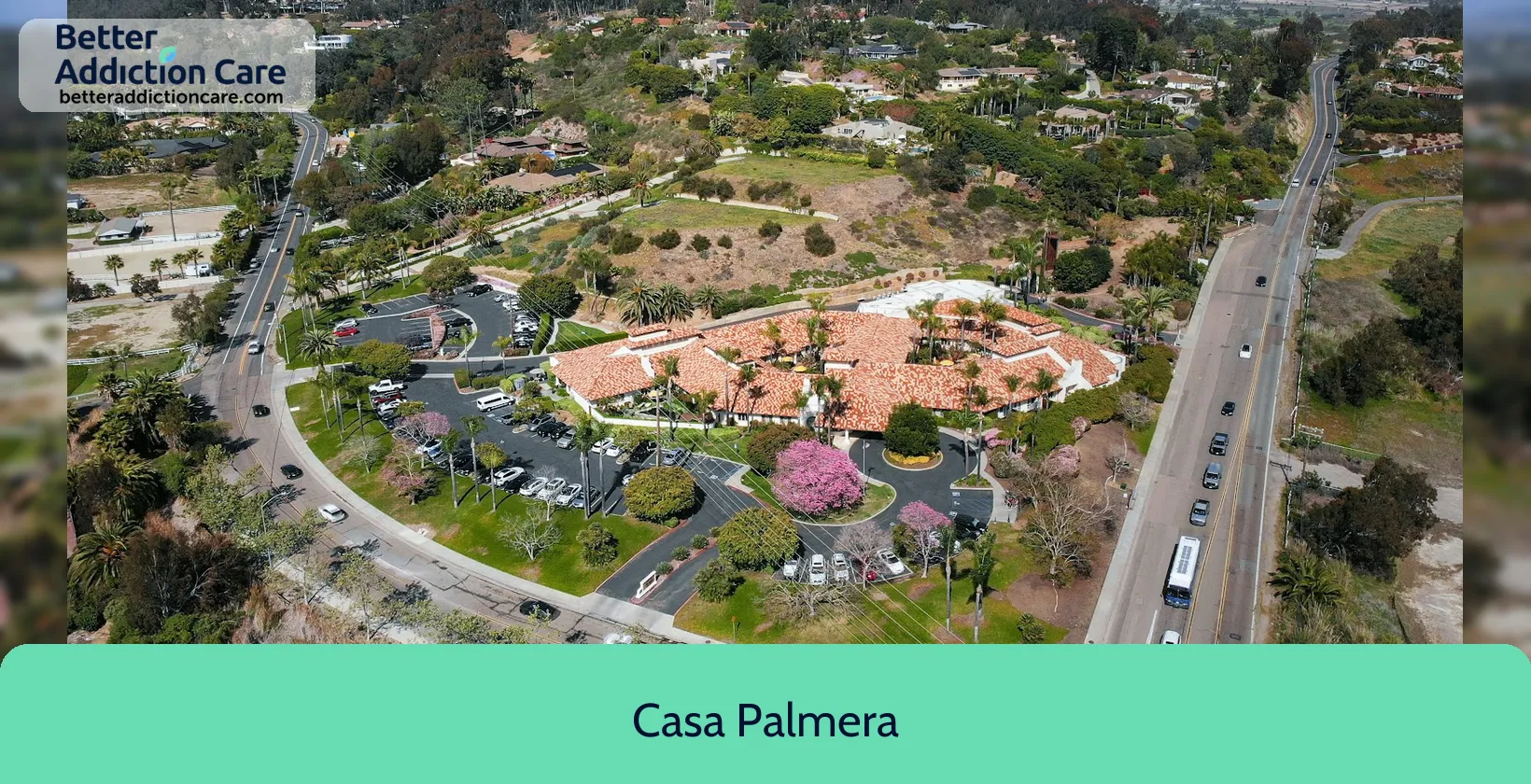
6.96

6.69

7.12

6.74

6.89
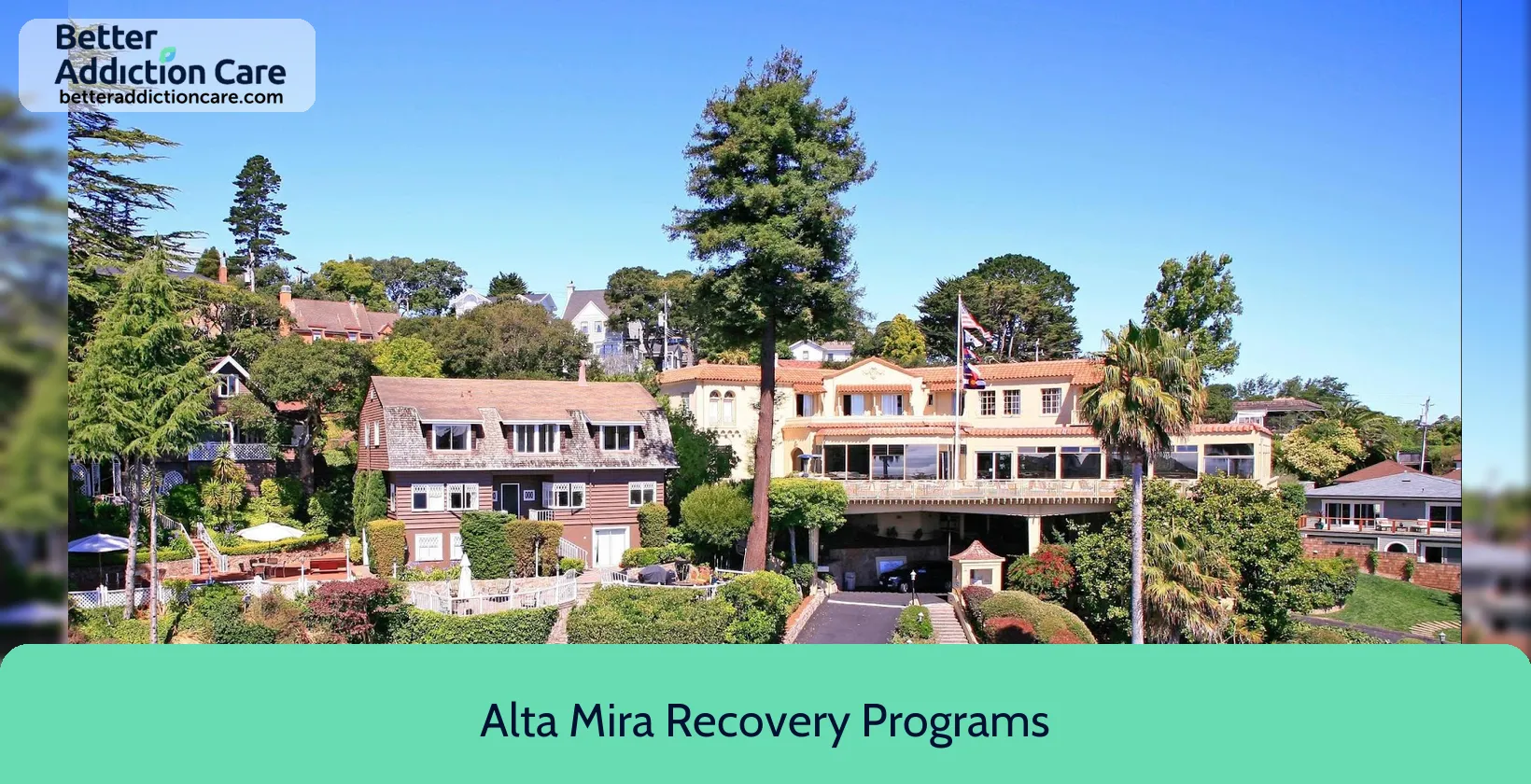
6.86

7.55

7.54

7.02

7.10

7.46
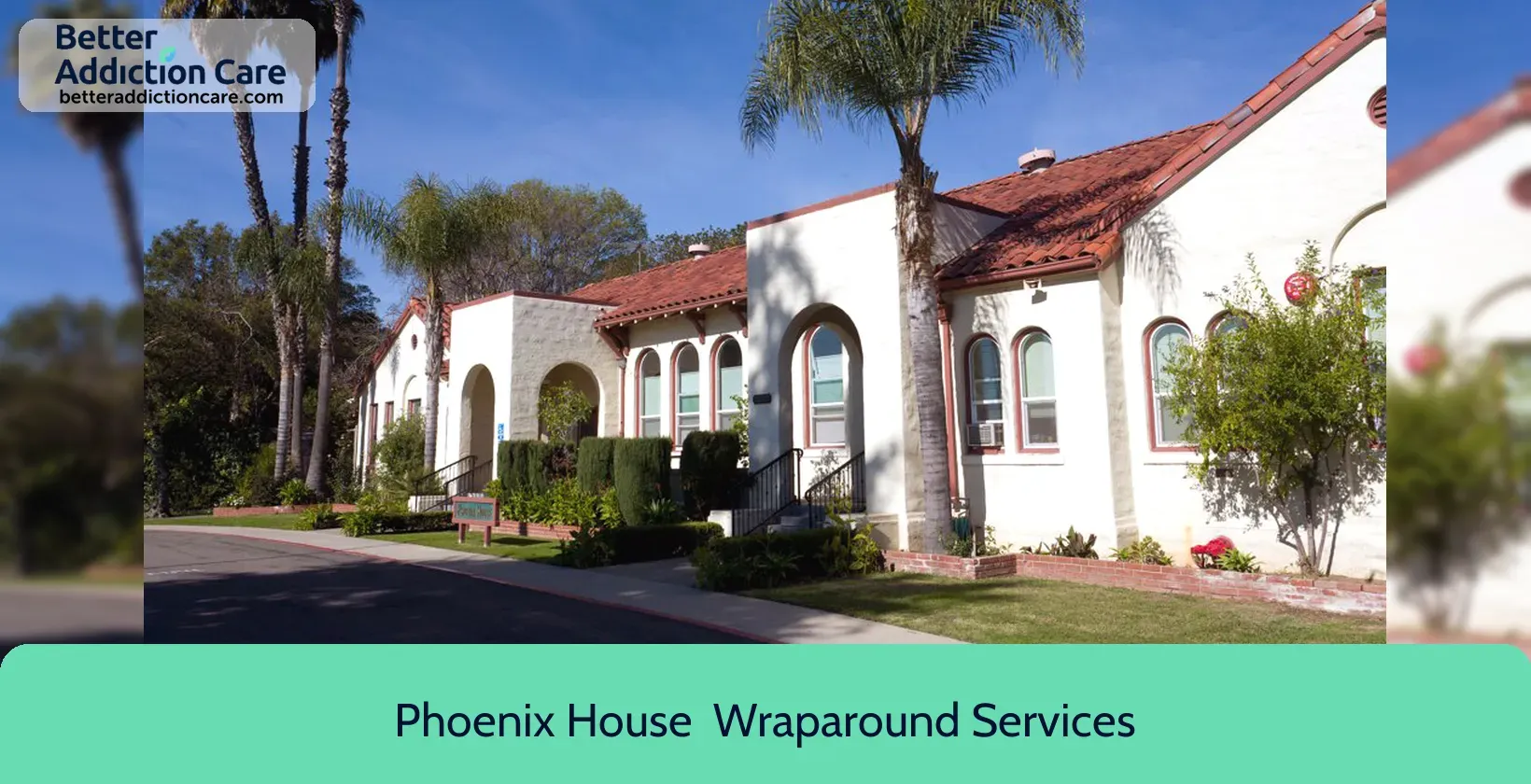
7.26
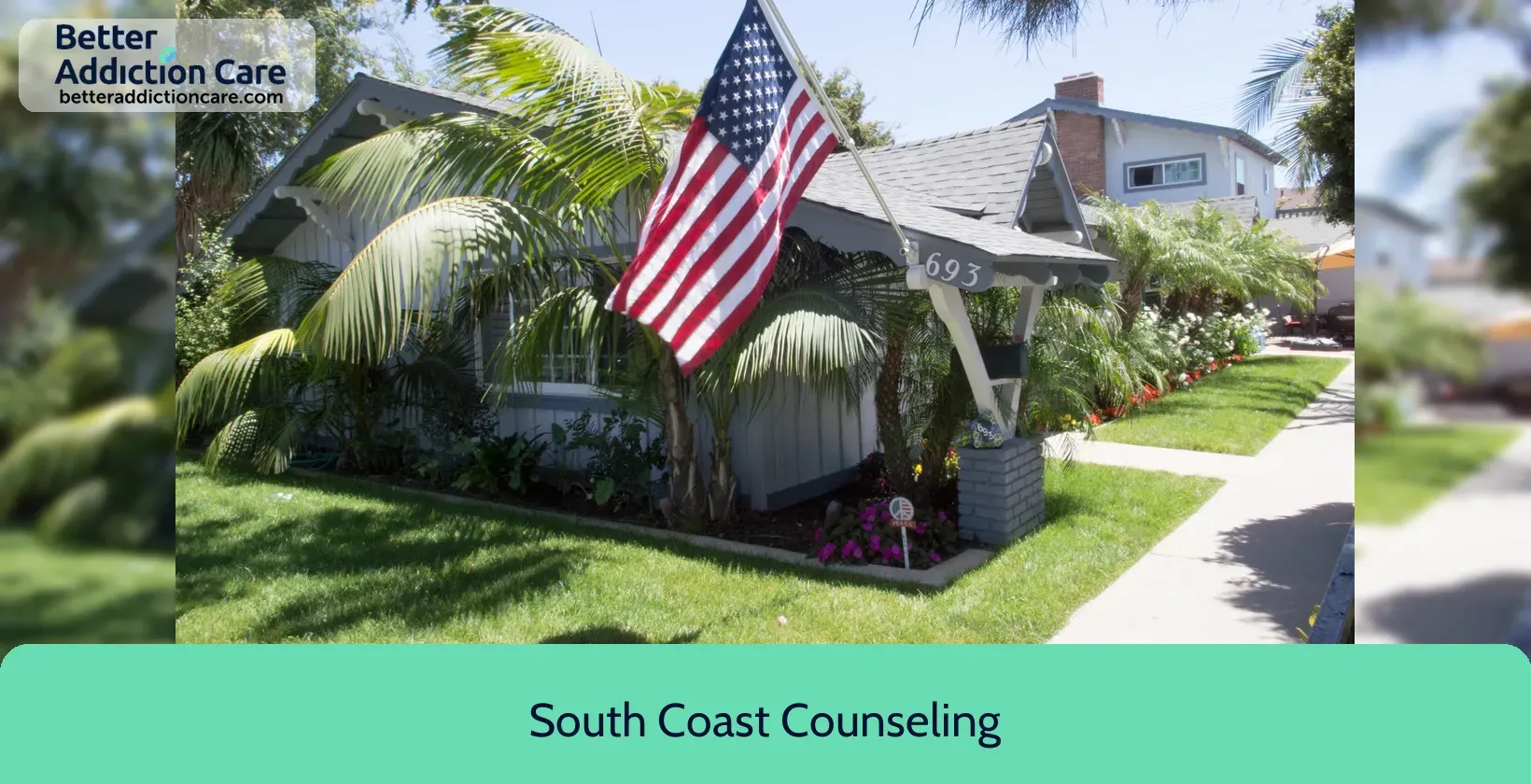
7.19

7.13
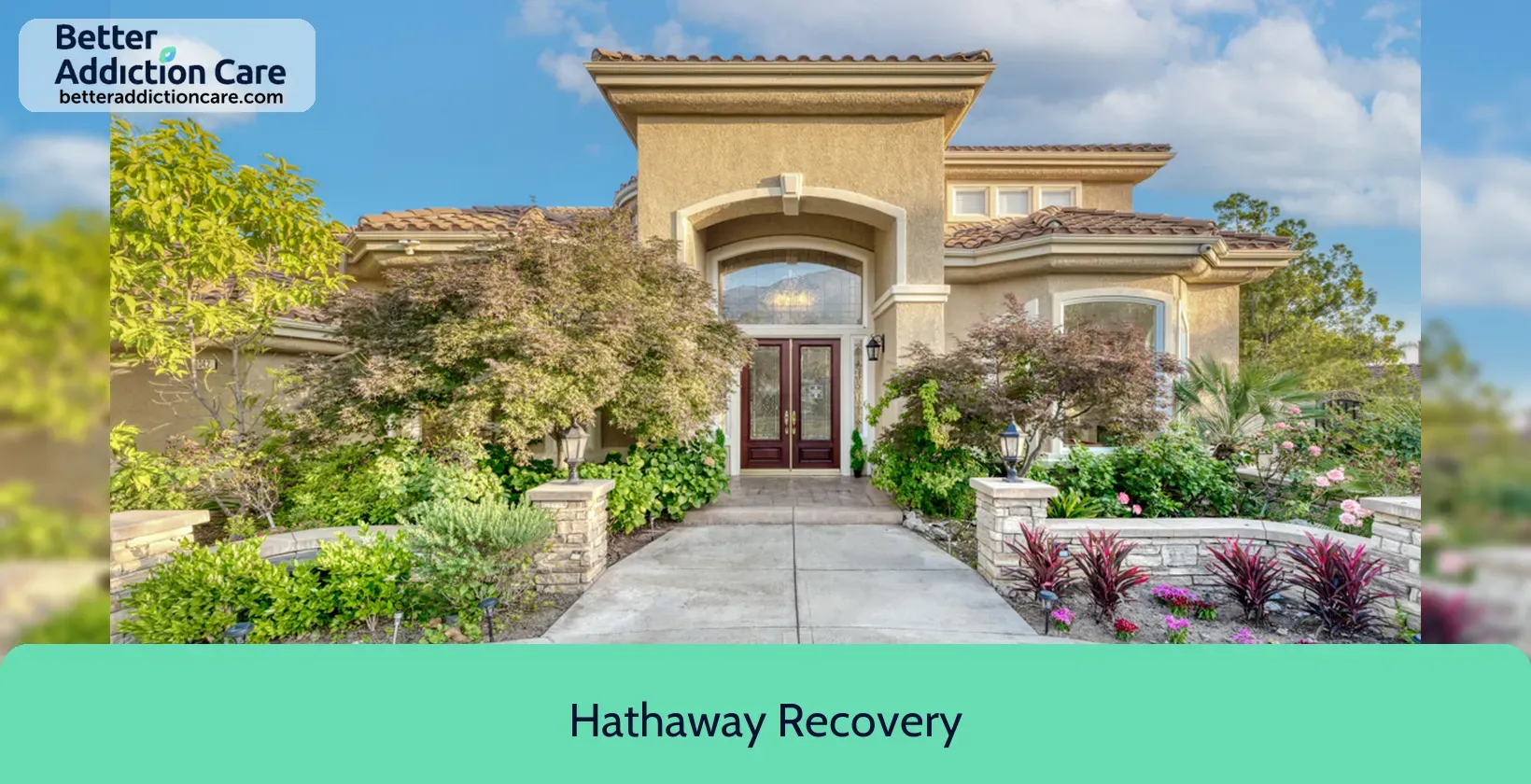
7.07

7.31

7.19

7.41

7.56

7.01

7.48

7.22

6.94
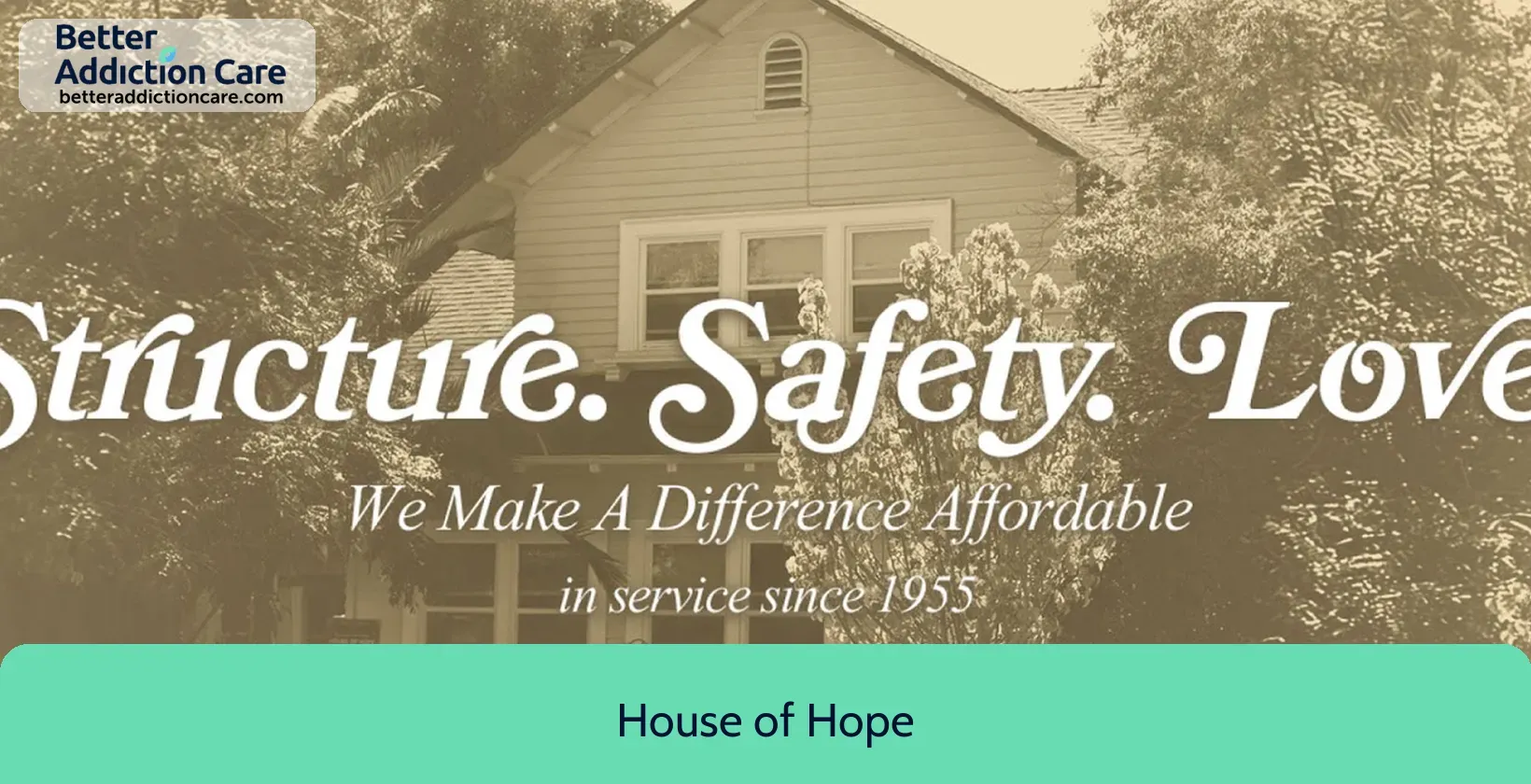
7.03
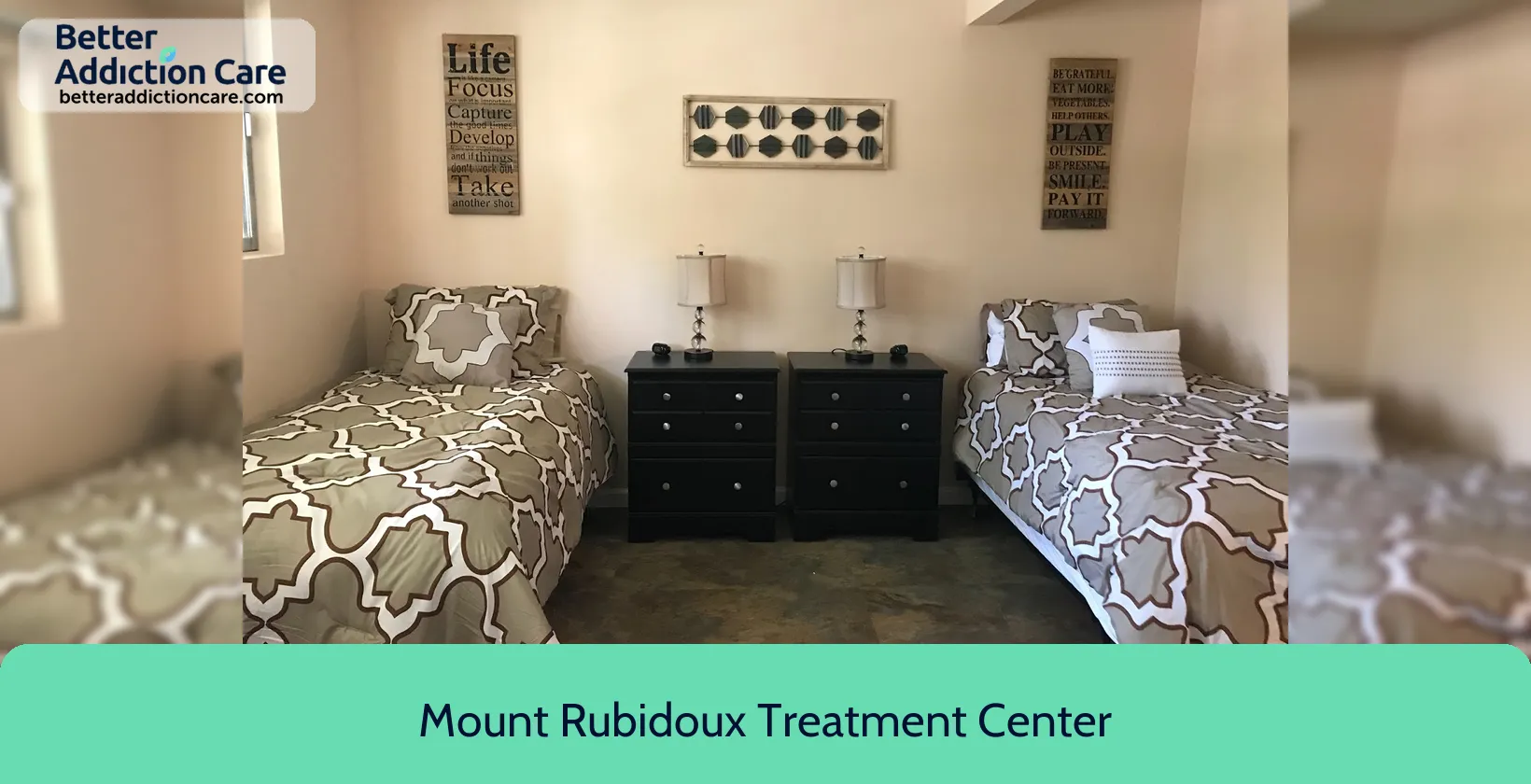
7.34

7.31
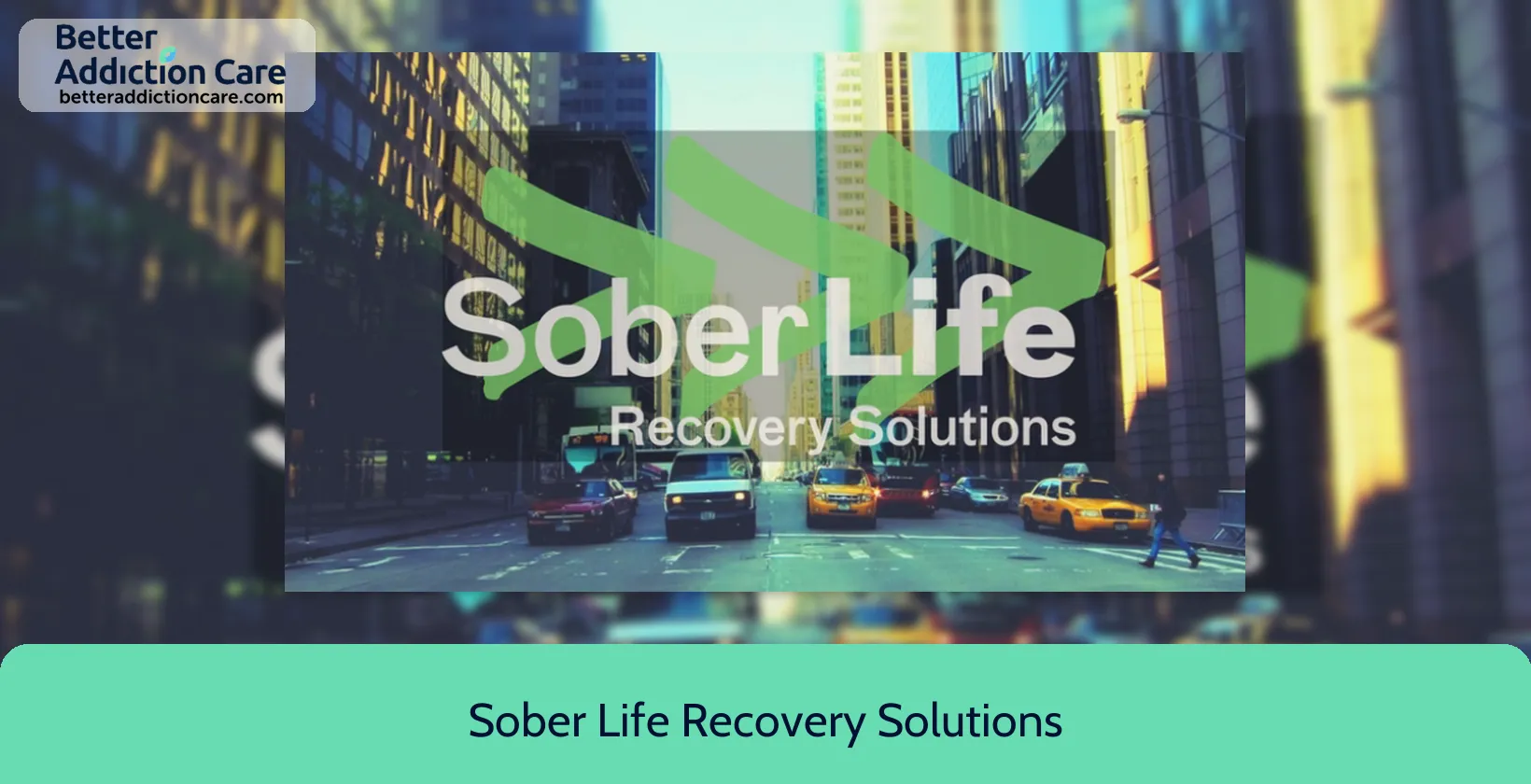
7.23
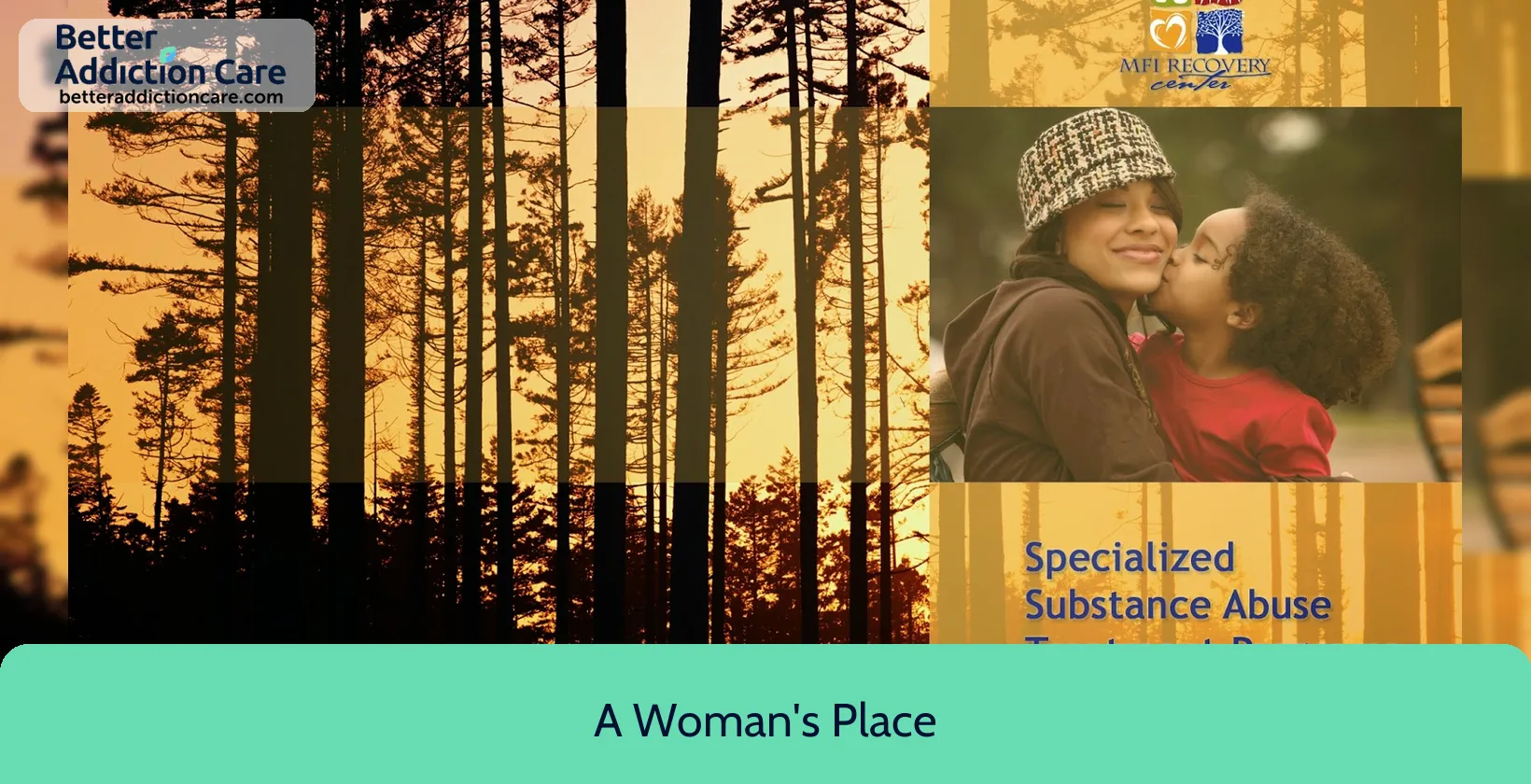
7.14
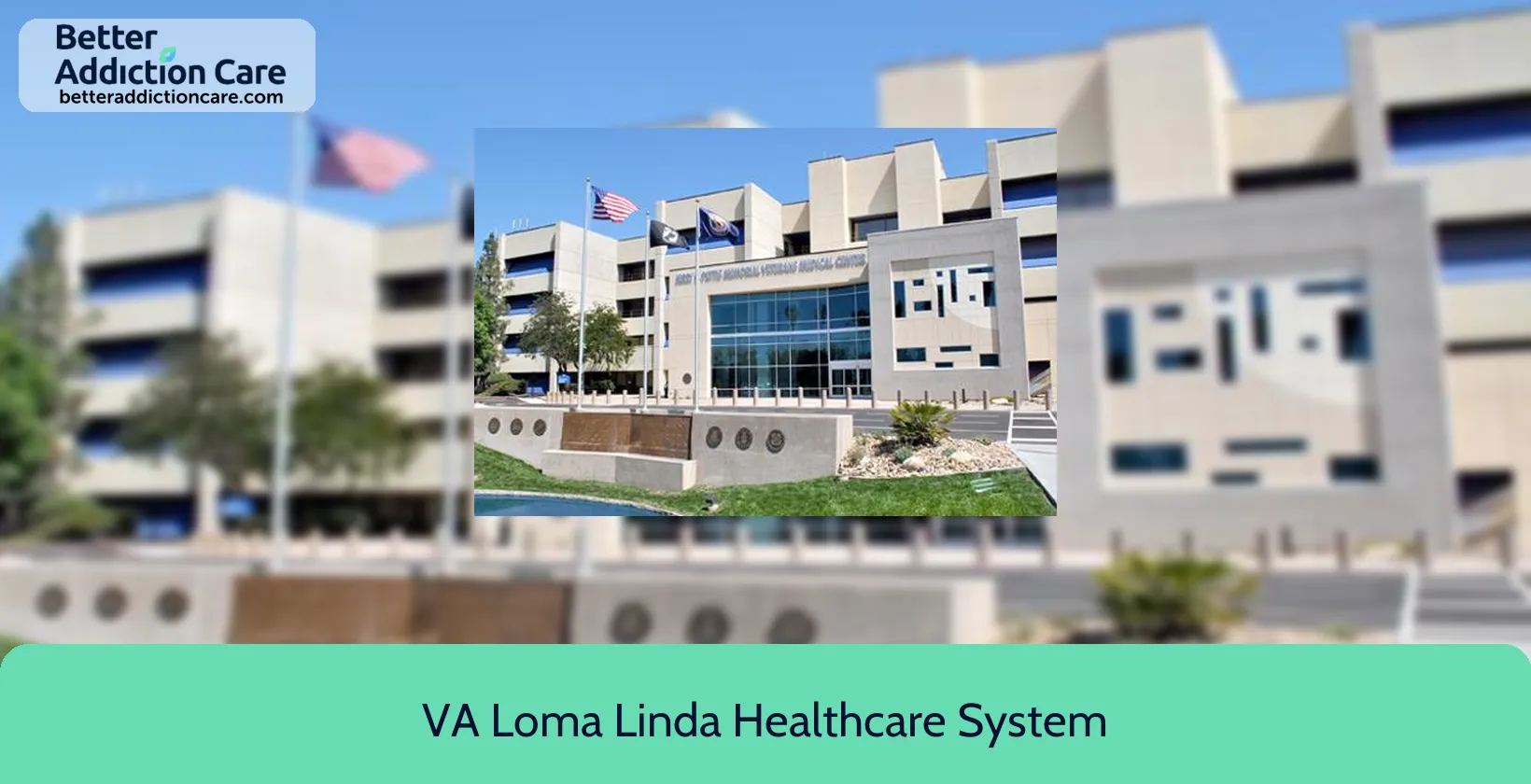
7.09
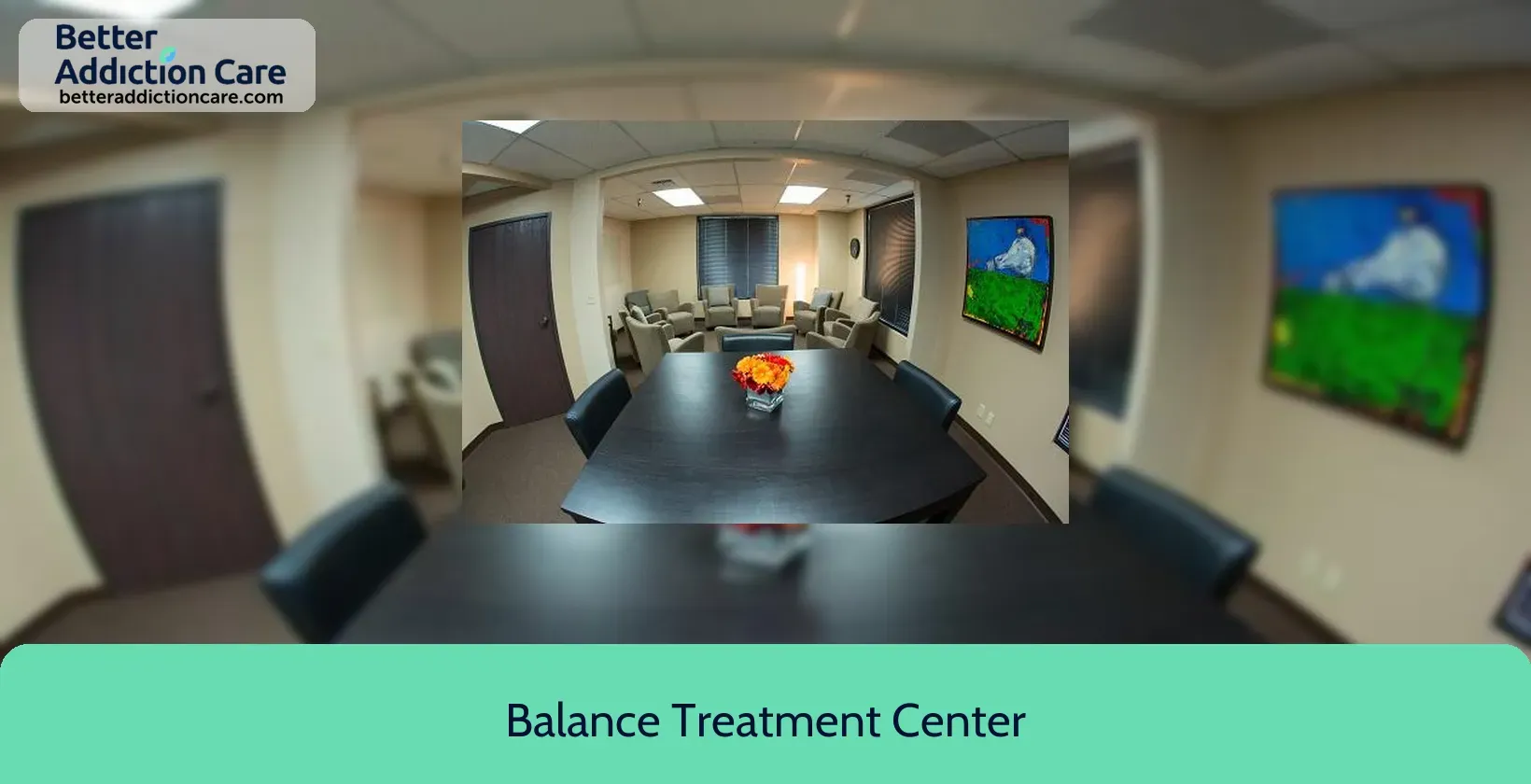
7.48

7.46

7.23
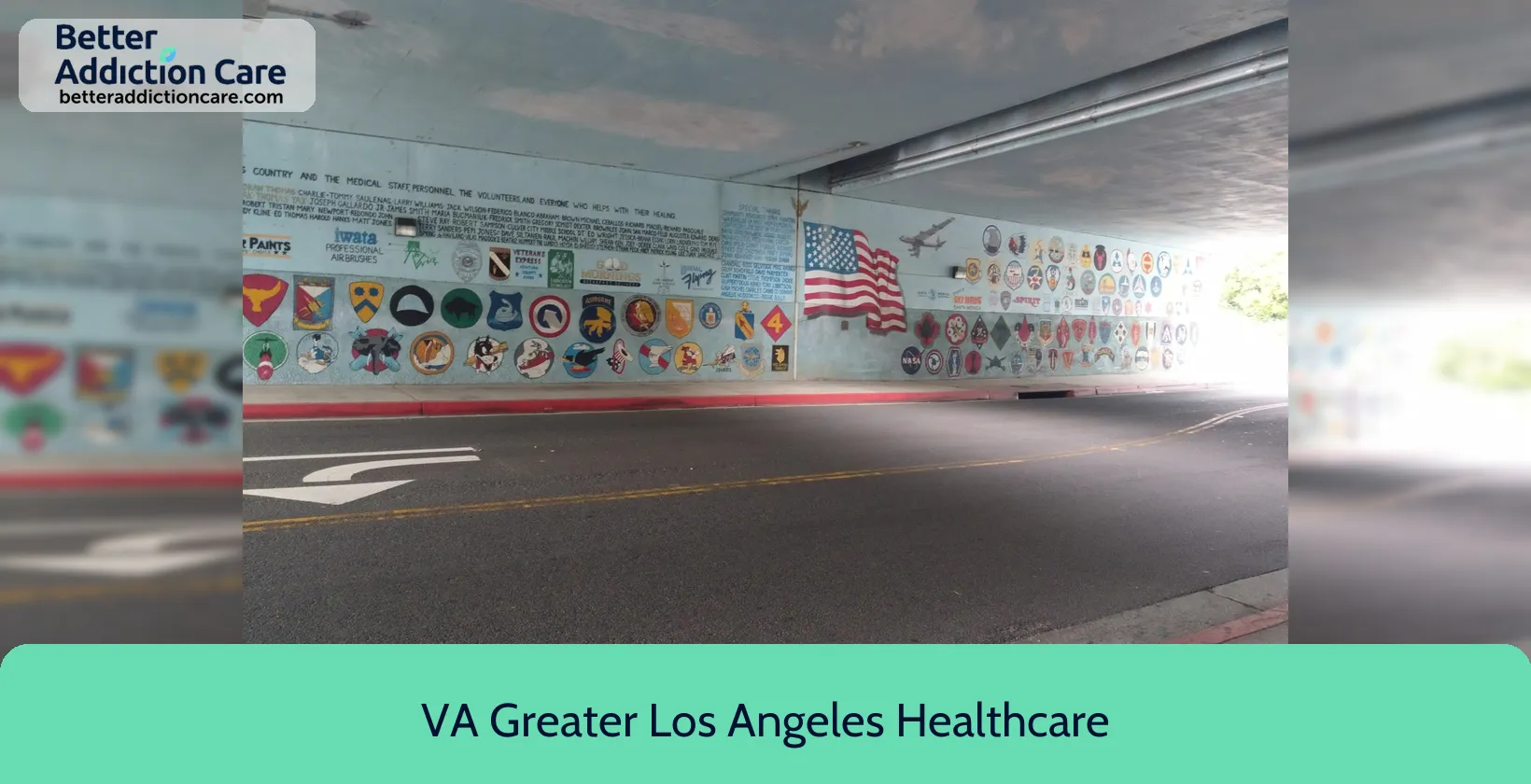
7.34
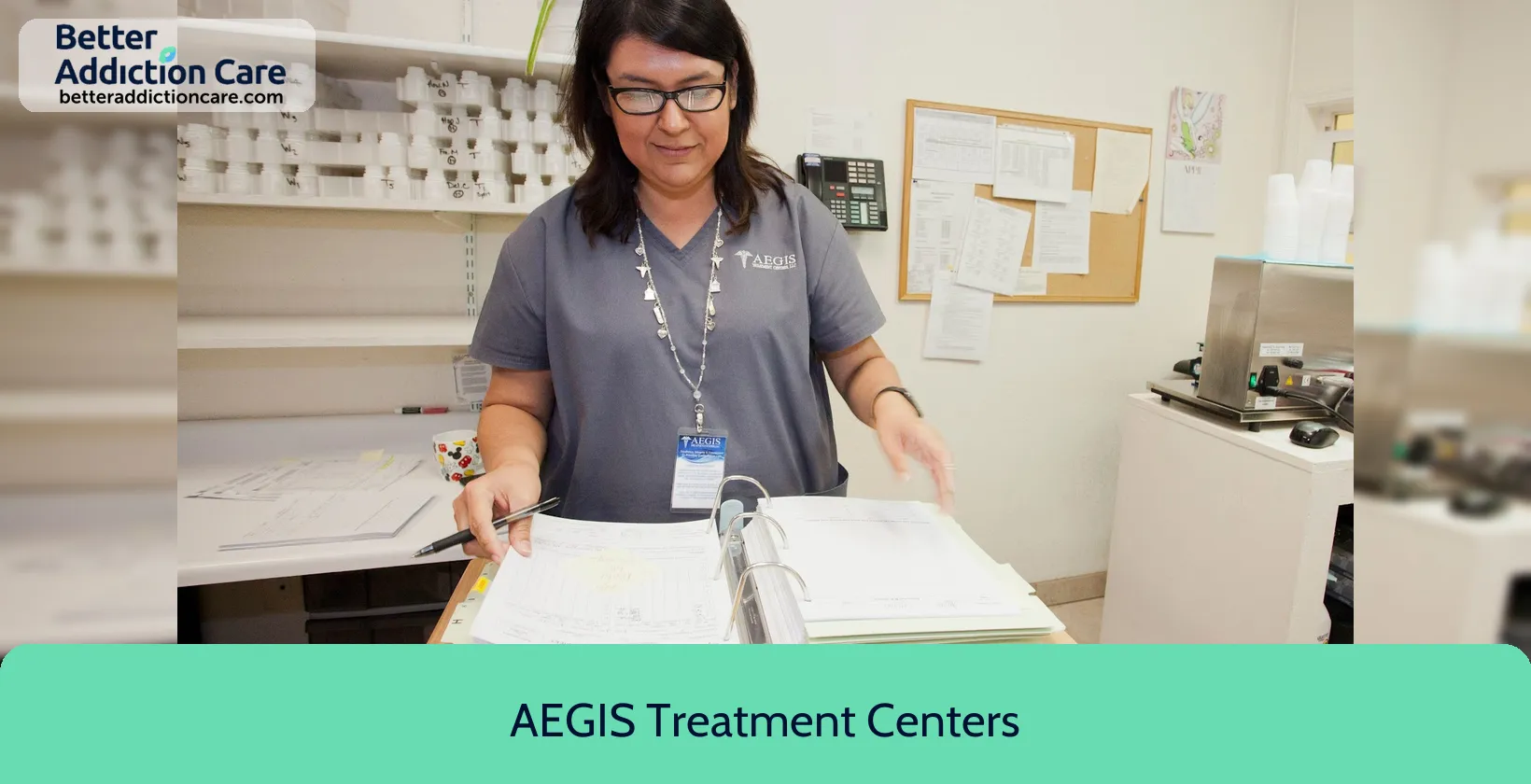
7.06
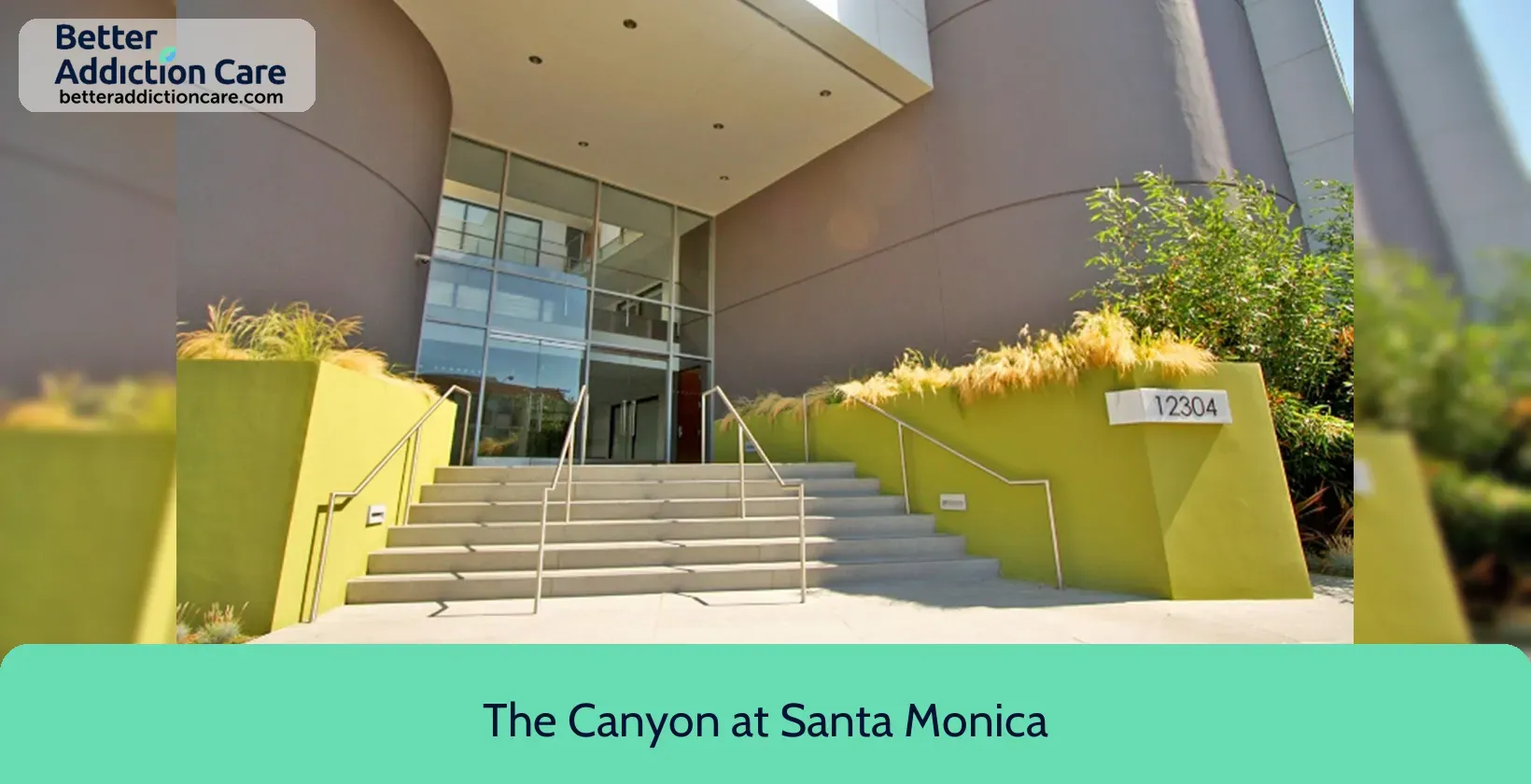
7.17
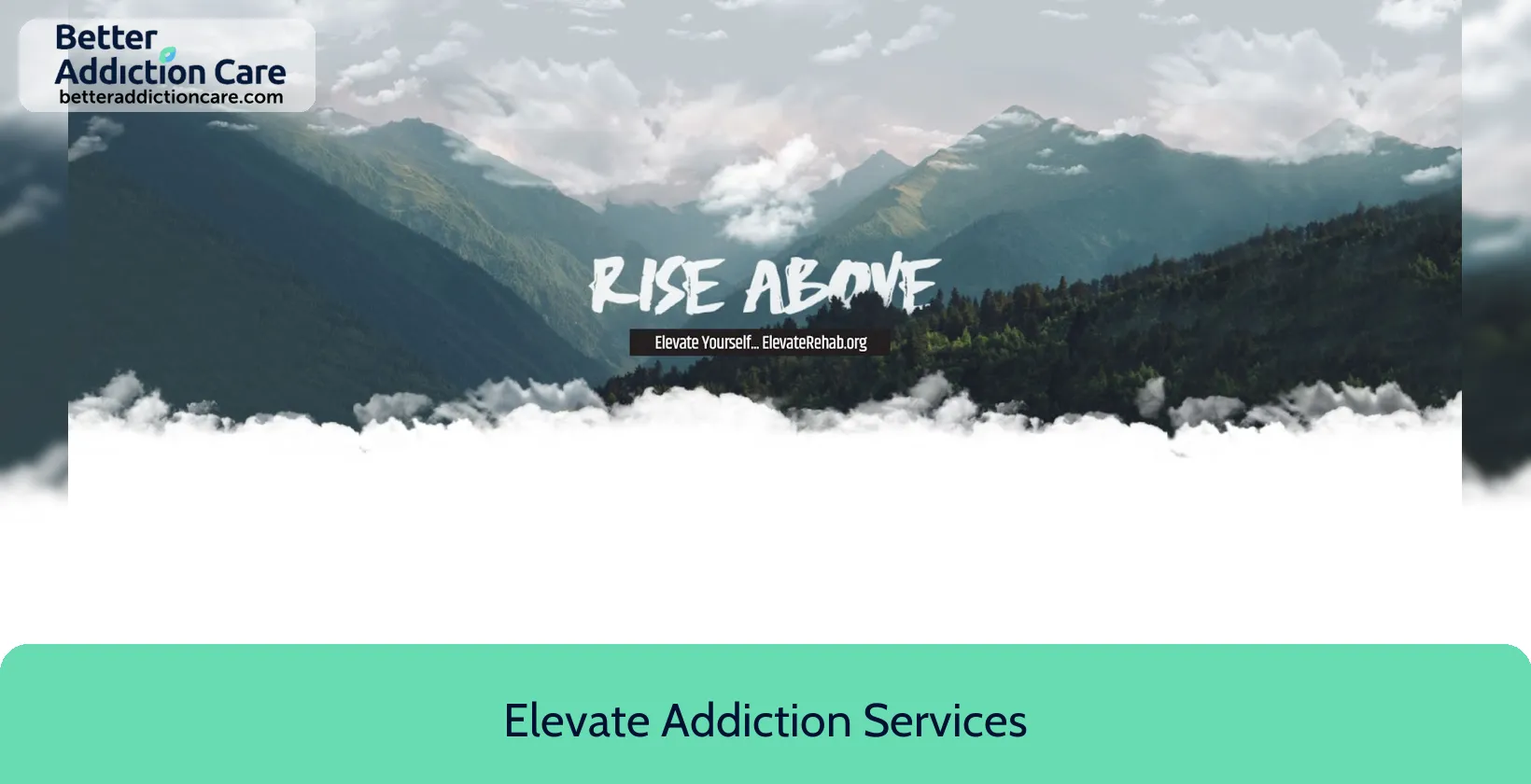
7.06

7.43
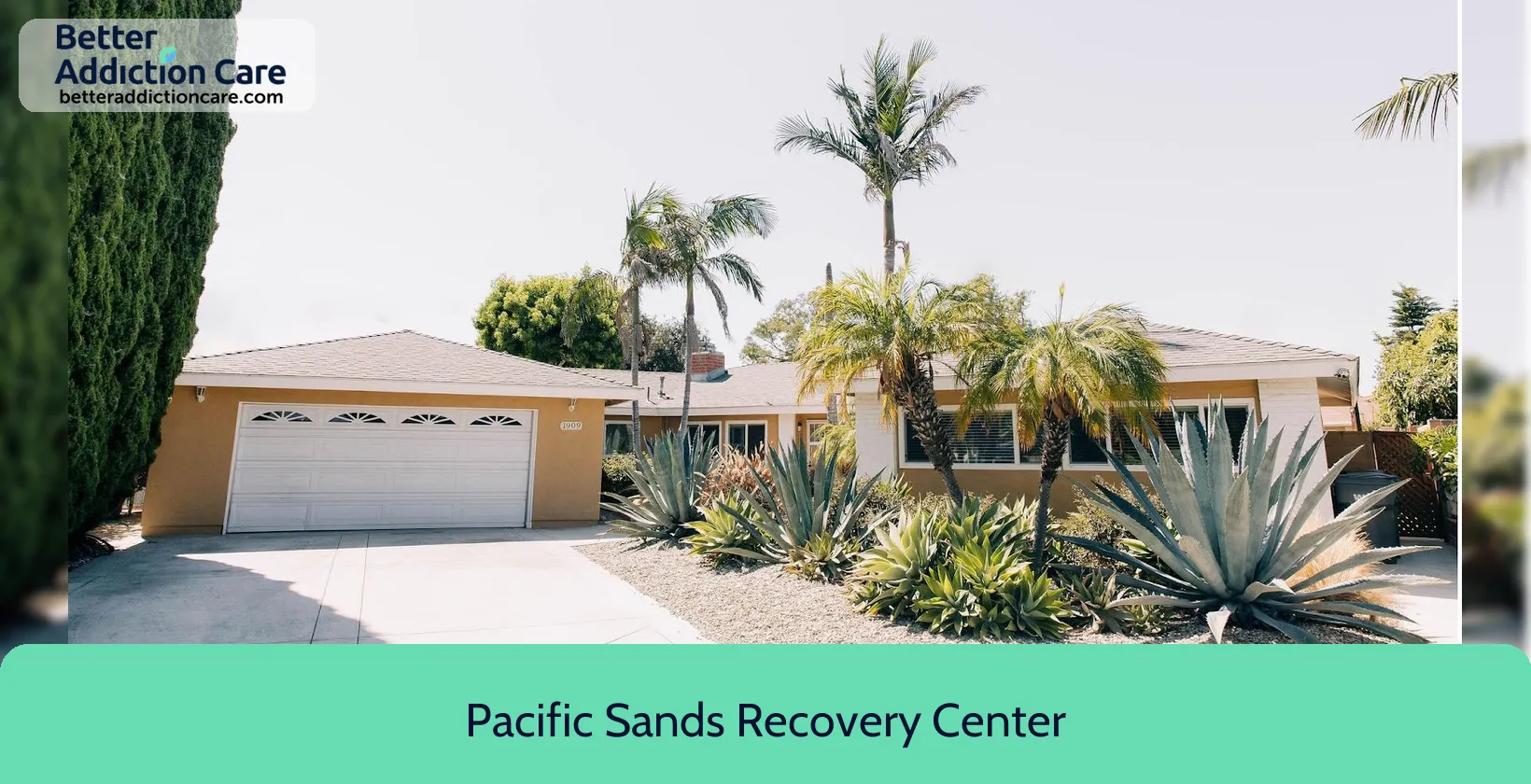
6.91
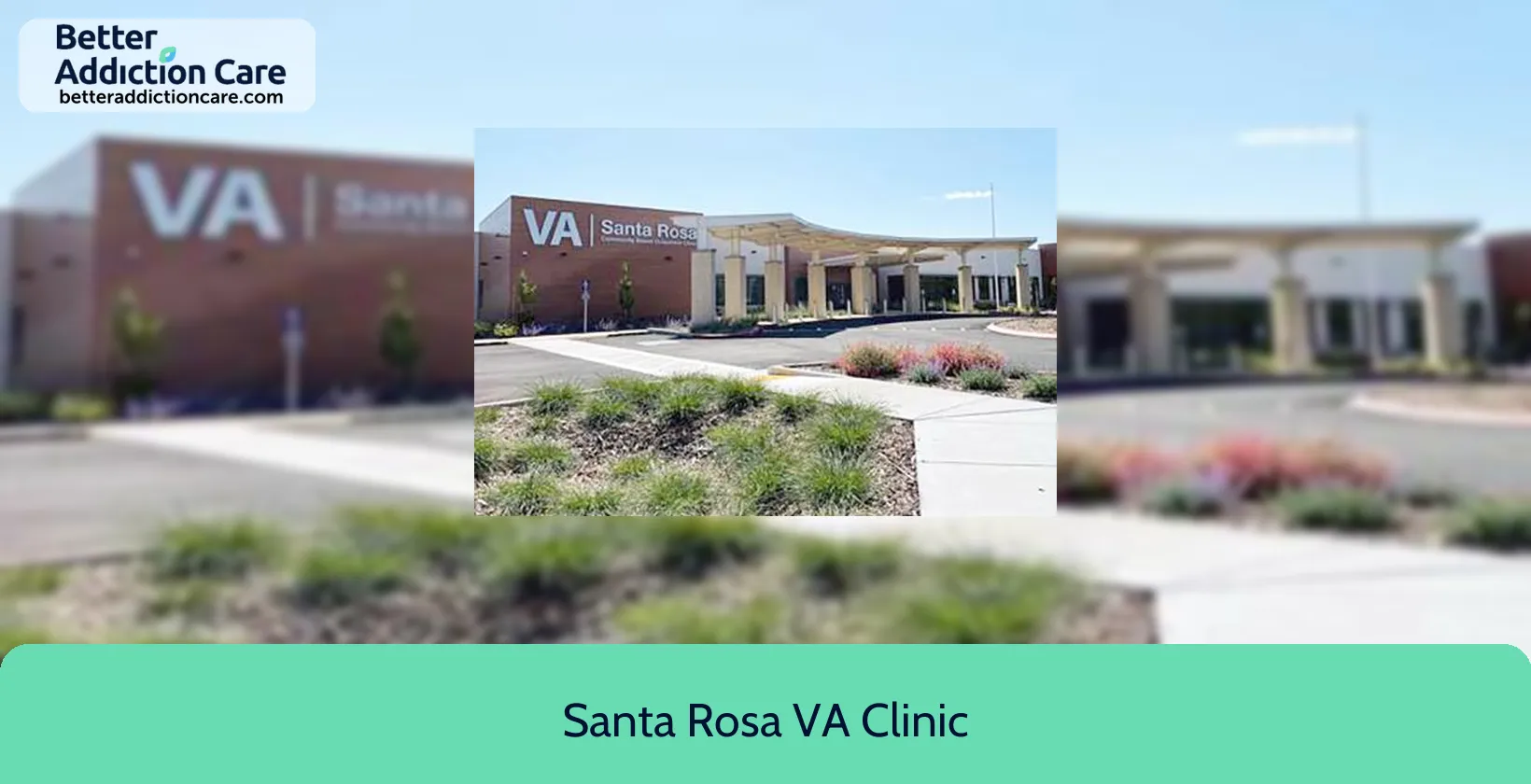
6.88
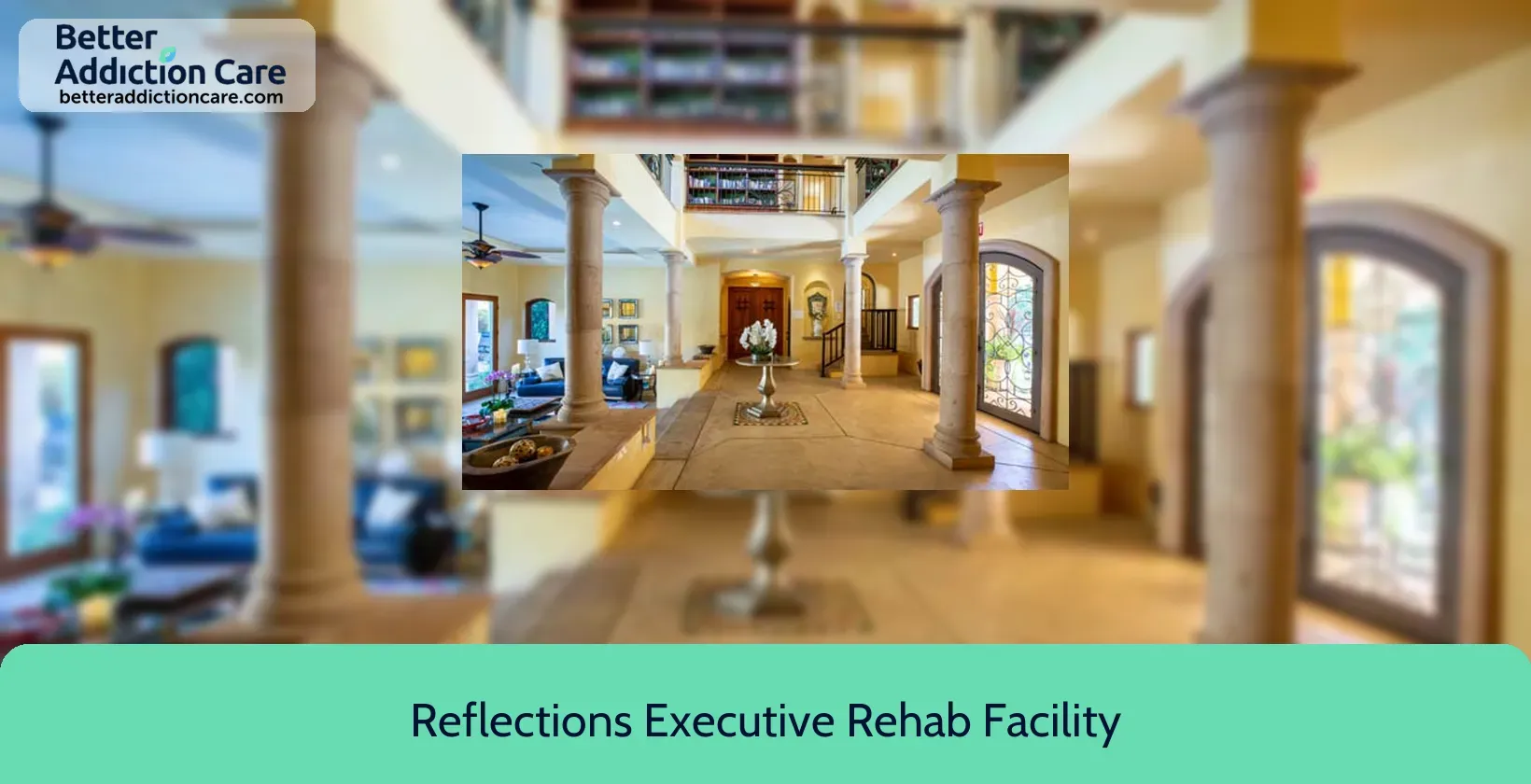
7.06
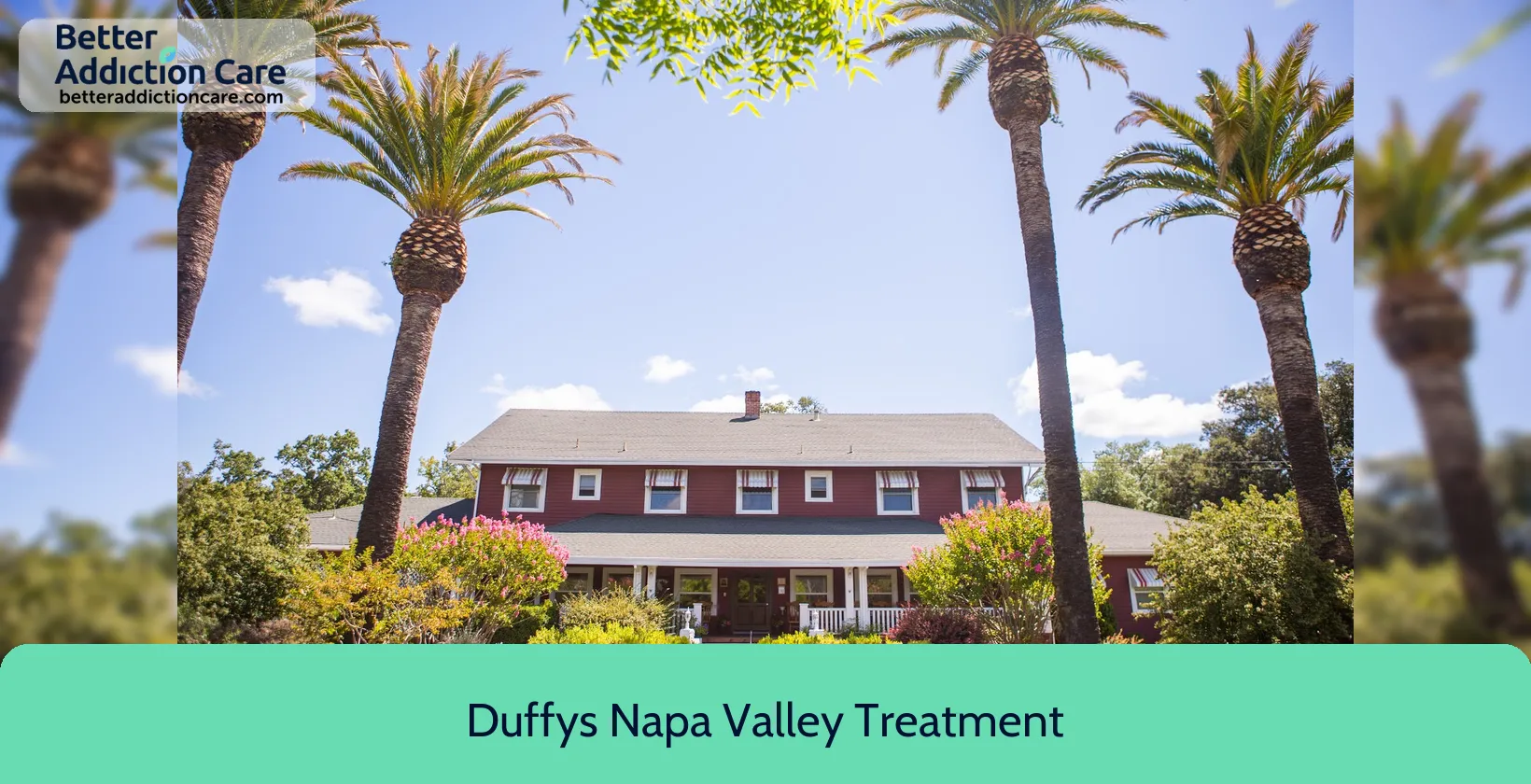
7.34
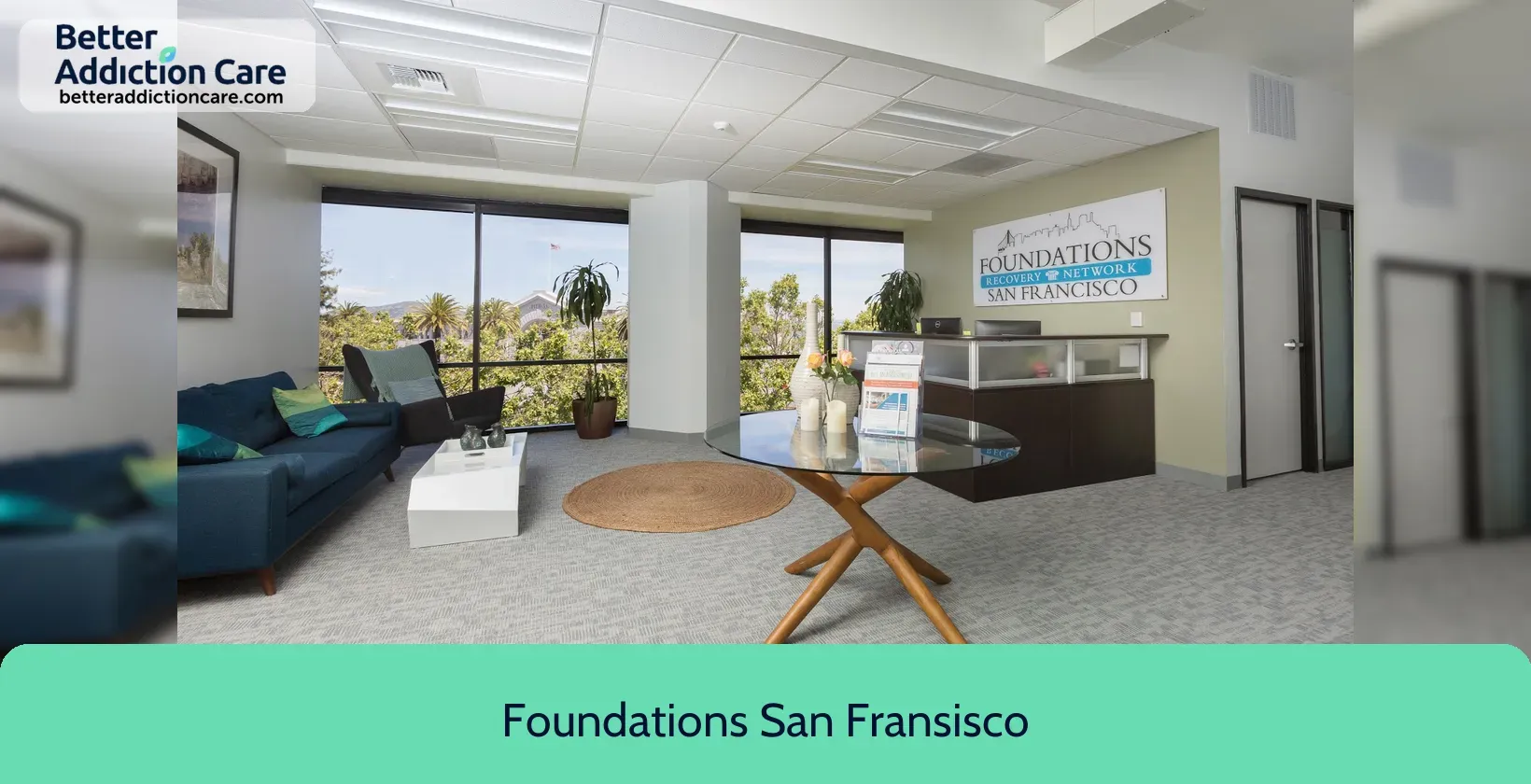
7.05
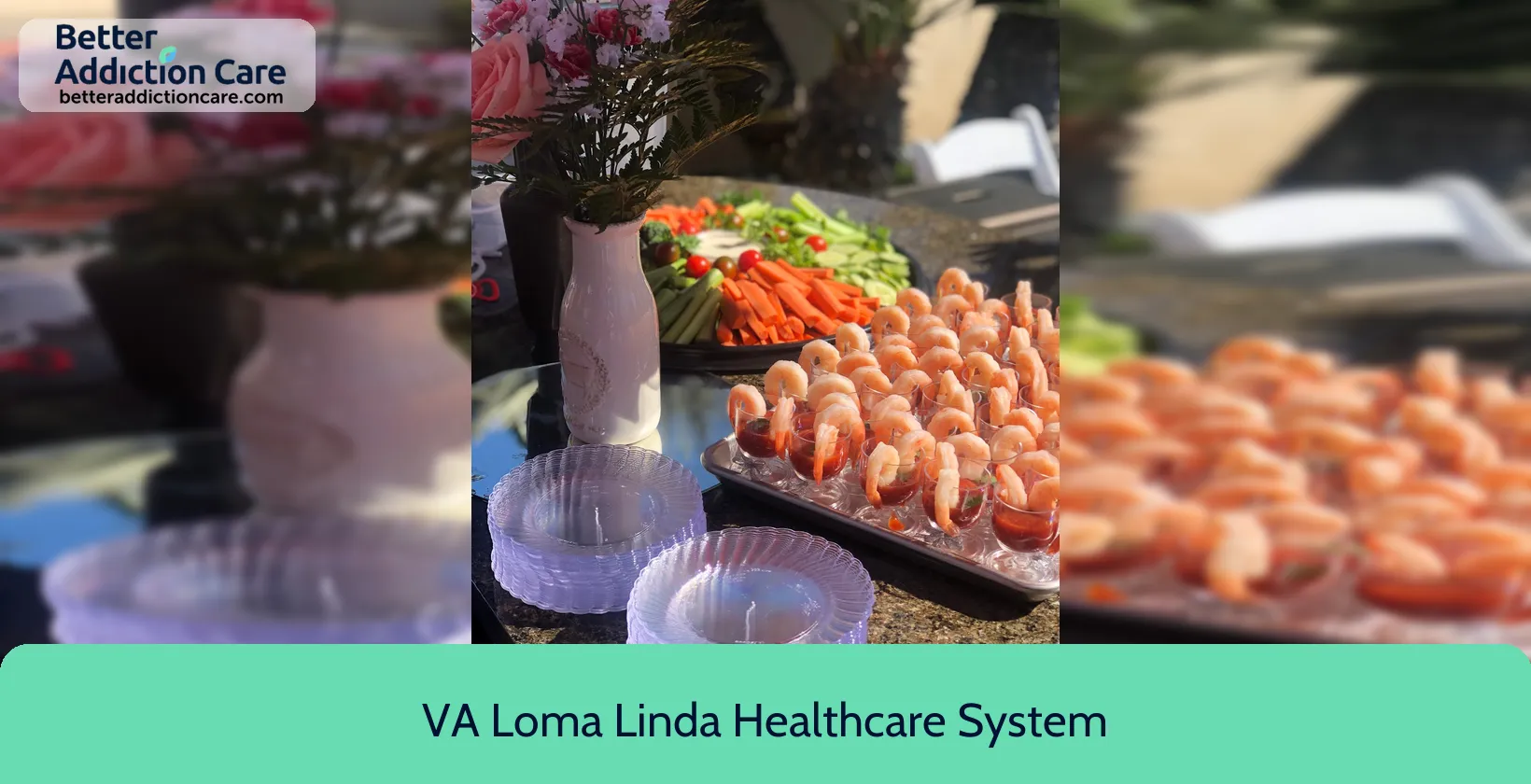
6.94
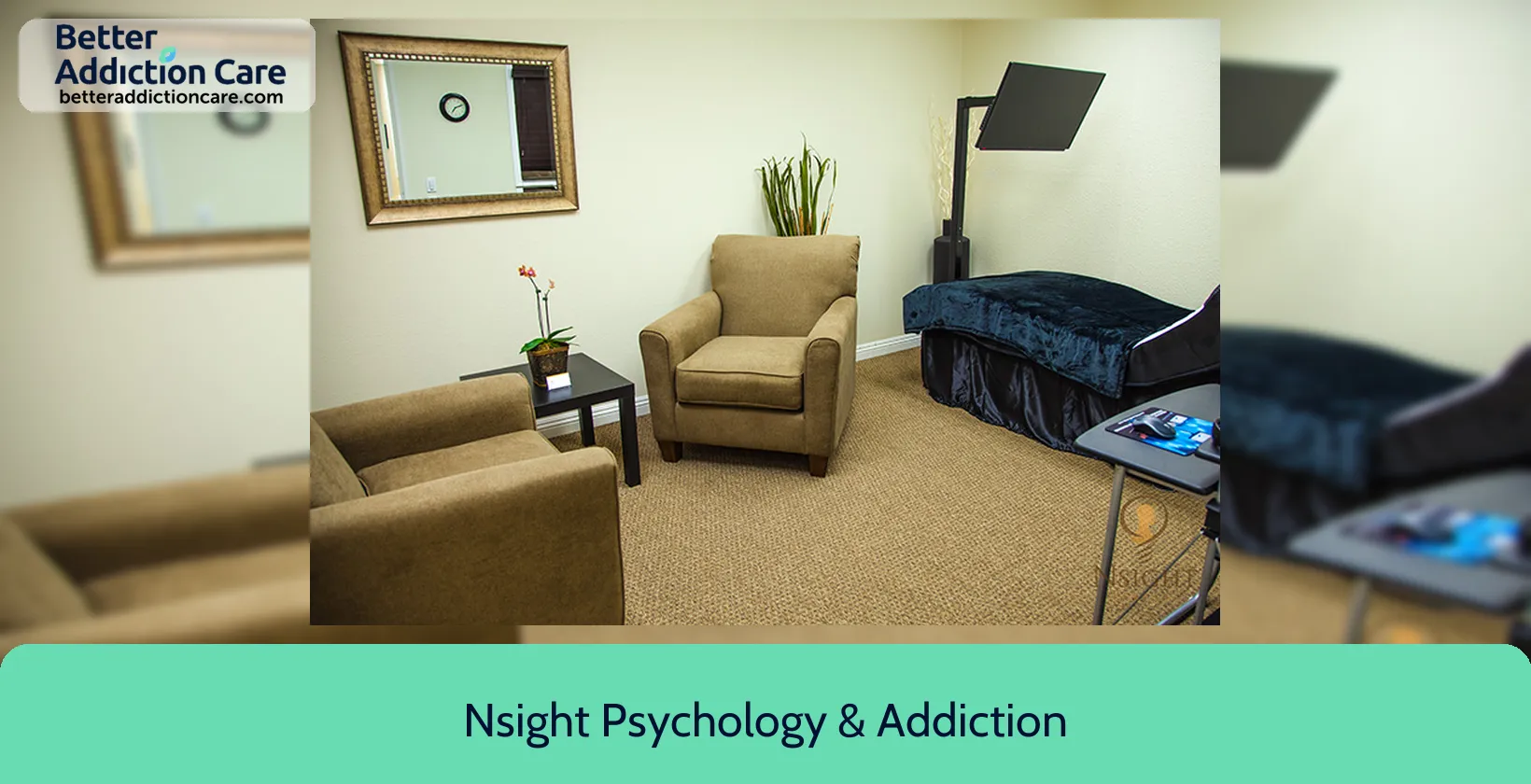
7.37
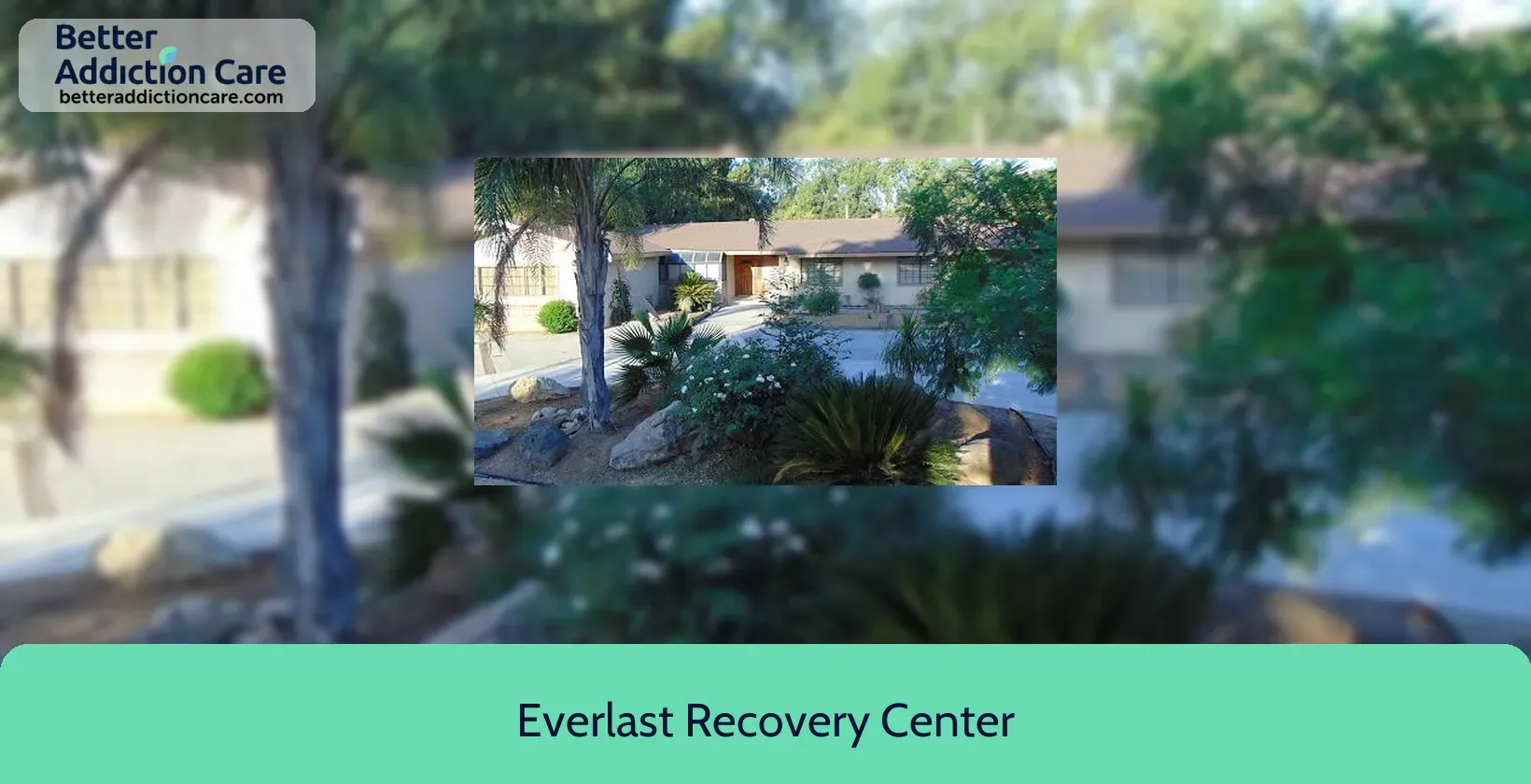
7.09
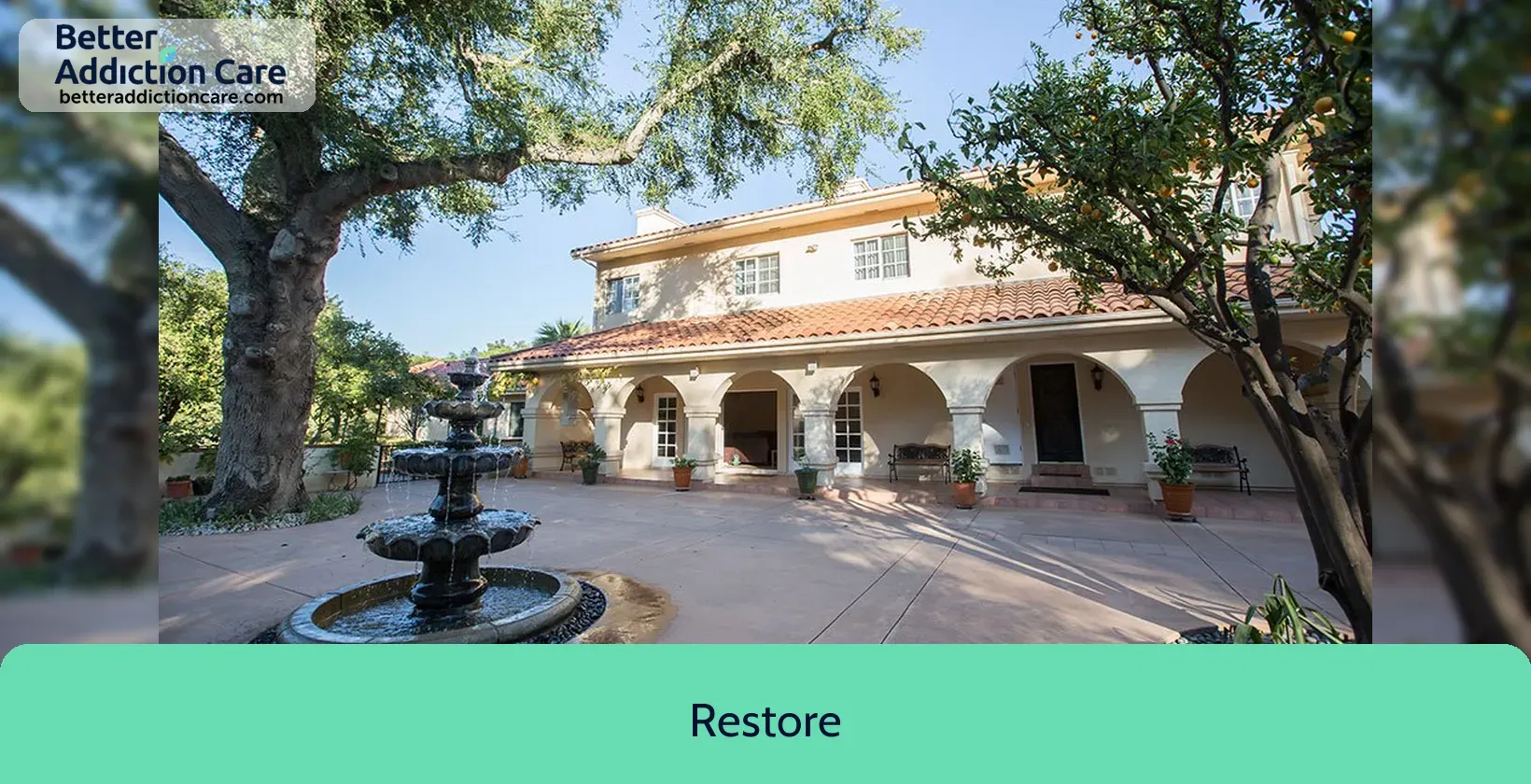
7.09
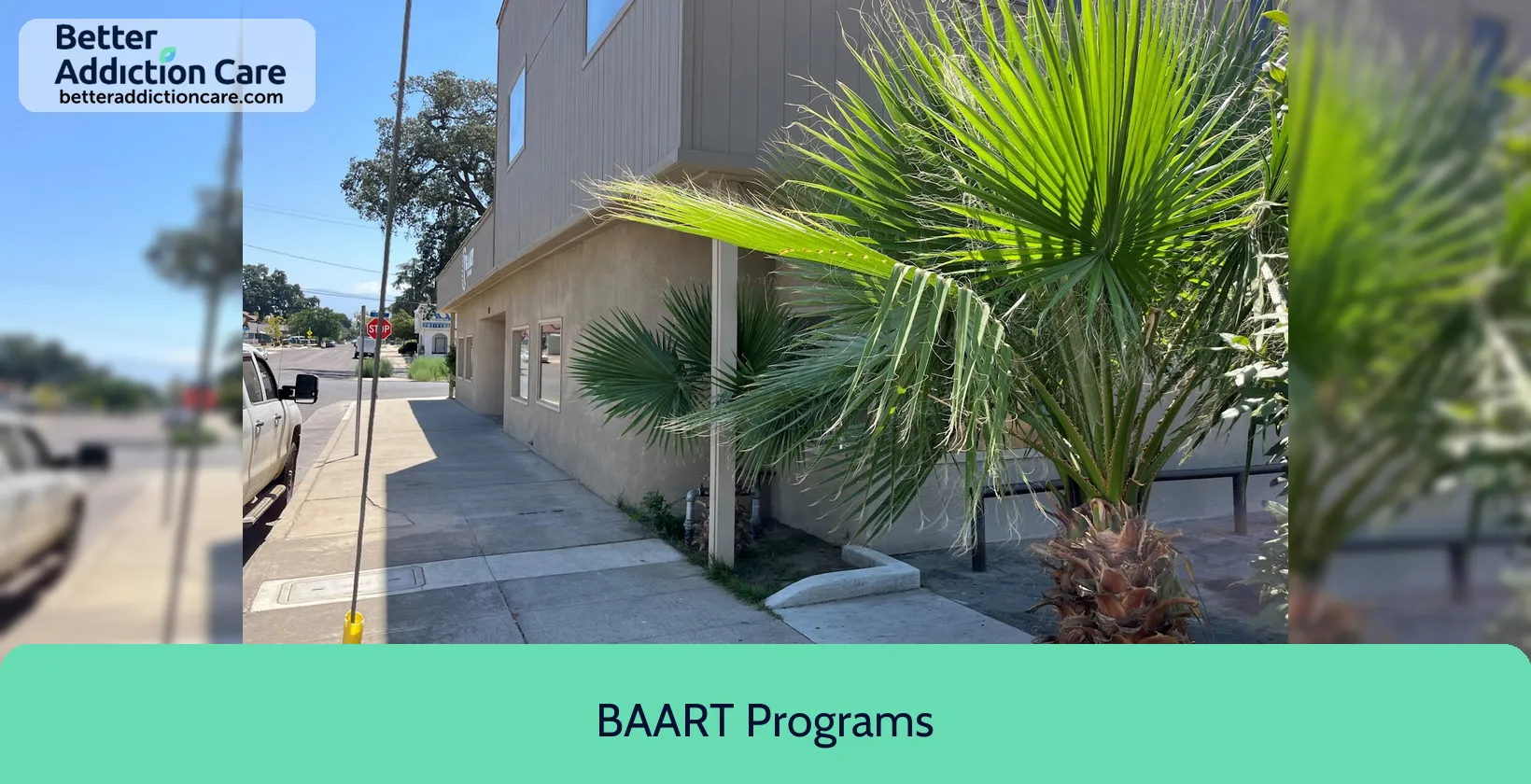
6.99

7.03
Substance abuse and Mental Health facilities Report for California
23rd
Cheapest To Most Expensive State Rank
2,195
Substance Abuse Facilities
96,960
Number of Patients Annually
83,534
Annual Enrollments
$142M
Spent on Outpatient Services (Million)
$1,703.00
Avg Outpatient Rehab Cost
12,752
Residential Admissions
$722M
Spent on Residential Treatment (Million)
$56,654.00
Residential Rehab Pay (Up To)
674
Total Patients
71
Free Drug Rehab Facilities
Alcoholism, Drug Abuse, Mental Health, and Treatment in California
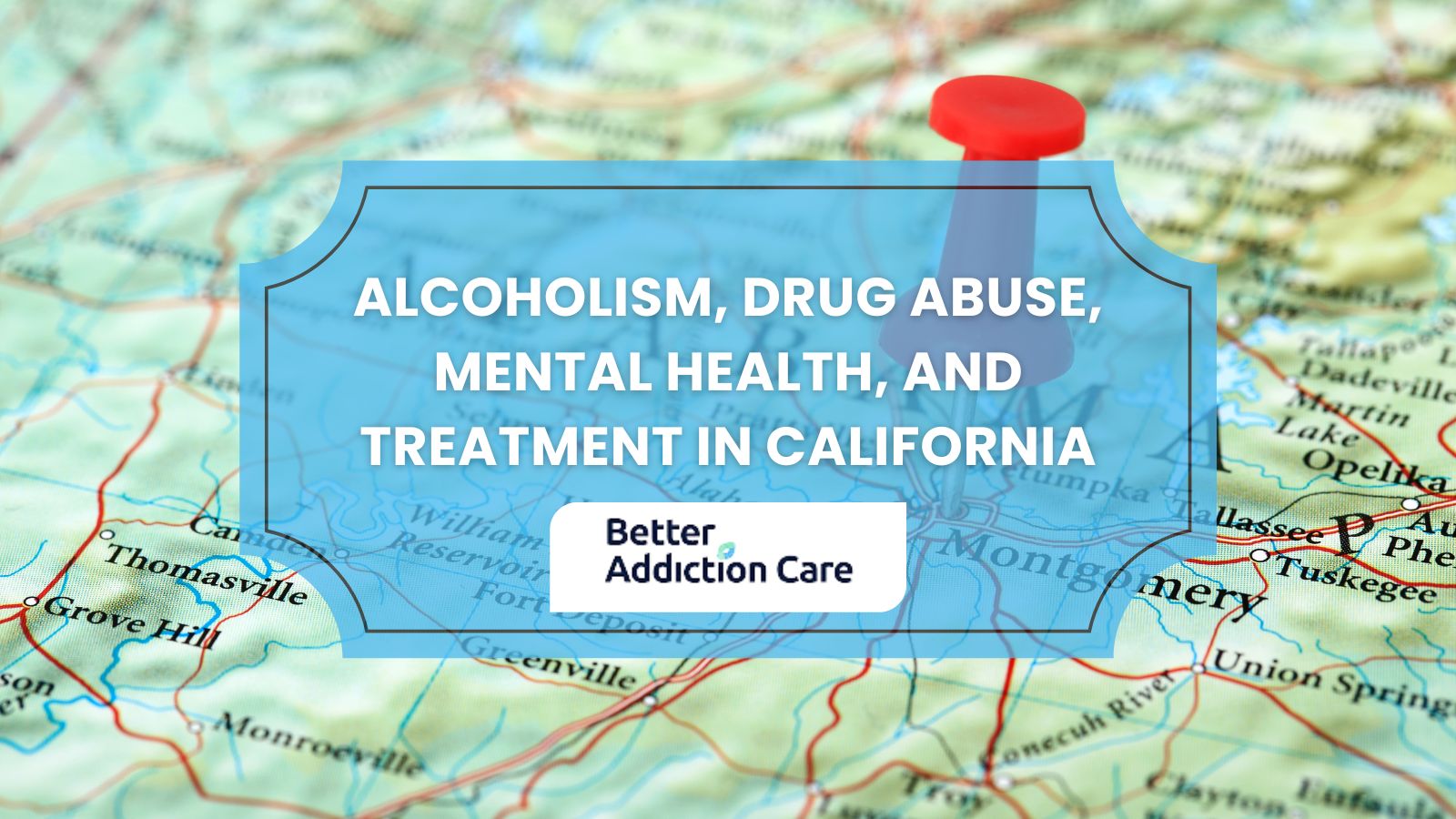
What are the main addictions people in California suffer from?
The main addictions people in California suffer from are listed below:
-
Alcohol Addiction: 2.1 million Californians aged 12 and older (6.3% of the population) struggle with Alcohol Addiction and heavy drinking. Alcohol Addiction is a public health concern, because 1.3 million (7.7%) men and 0.8 million (4.9%) women are reporting high alcohol addiction
-
Opioid Addiction (Prescription and Heroin): 192,000 people (0.6% of the population) are fighting with Opioid Addiction in 2024. Men are more affected with 112,000 cases making up 0.7% compared to 80,000 in women which are 0.5%. Heroin related overdose deaths are 5,961 in 2024.
-
Methamphetamine Addiction: Methamphetamine Addiction affects 192,000 residents, (0.6% of the population). Methamphetamine addiction is prevalent, 128,000 of men with higher rates of 0.8% versus 64,000 women making up 0.4% affected from Methamphetamine Addiction.
-
Marijuana Addiction: 1.2 million men and women (3.6% of the population) report frequent Marijuana Addiction in California. Younger adults (18-34) show the highest rates, and Marijuana Addiction is slightly higher in men 800,000 (4.8% of population) compared to 400,000 women which is 2.4%.
-
Cocaine Addiction: 256,000 adults, or 0.8% of the population, report Cocaine Addiction. 176,000 male predominance of 1.1% over 80,000 female users of 0.5% of population affected with Cocaine Addiction.
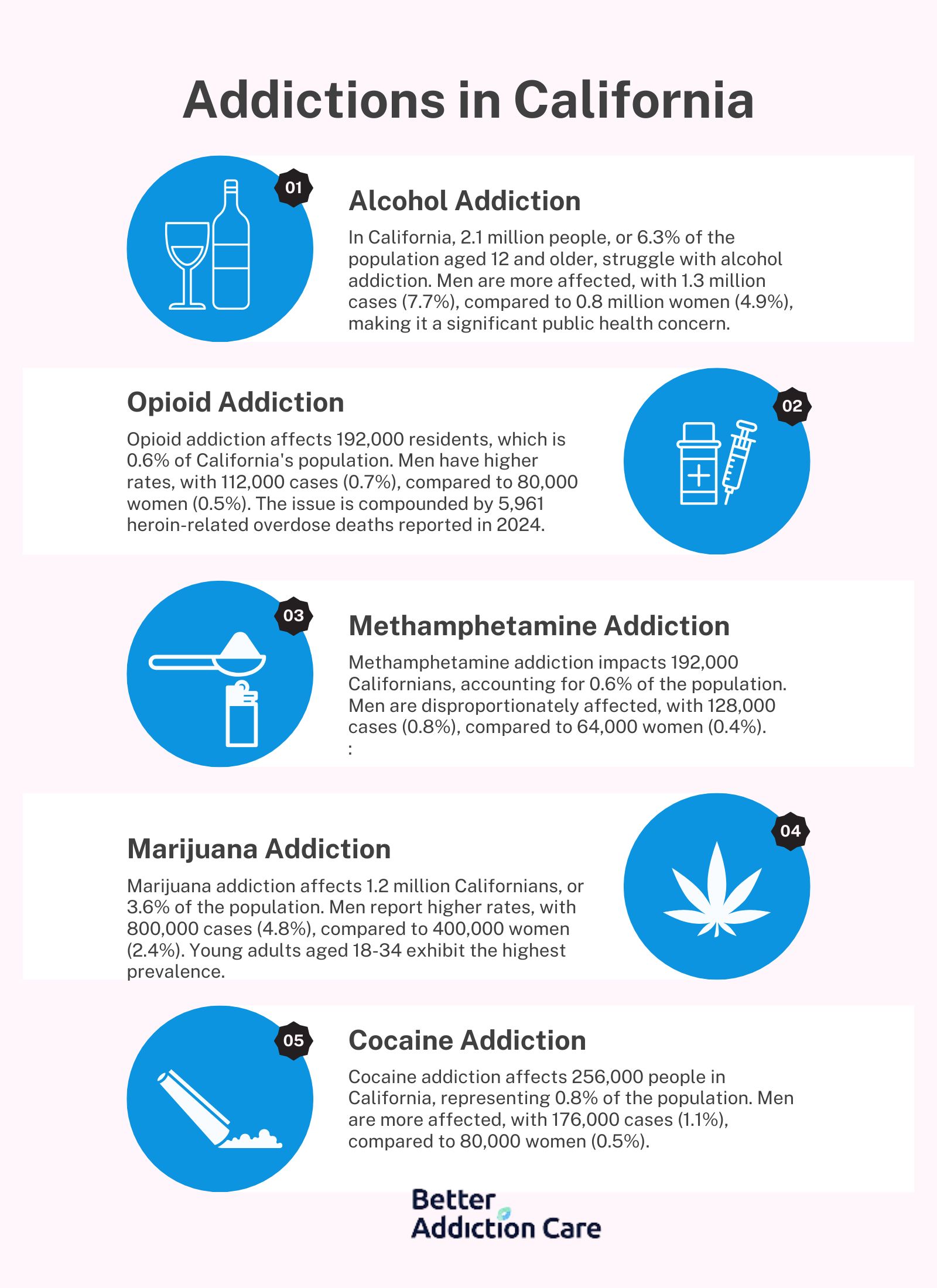
What is the cost of rehab centers in California?
The cost of rehab centers in California is $27,500. A 30-day inpatient rehab program costs $56,654, ranking California as the 23rd most affordable state for residential treatment. It ranges from $5,000 to $50,000 or more per month varies by treatment type and center amenities. Outpatient programs are more cost-effective, with an average fee of $1,703 for a 30-day program. Luxury rehab facilities, offering upscale amenities, charge between $25,000 and $50,000 per month, while exclusive rehab centers exceed $80,000.
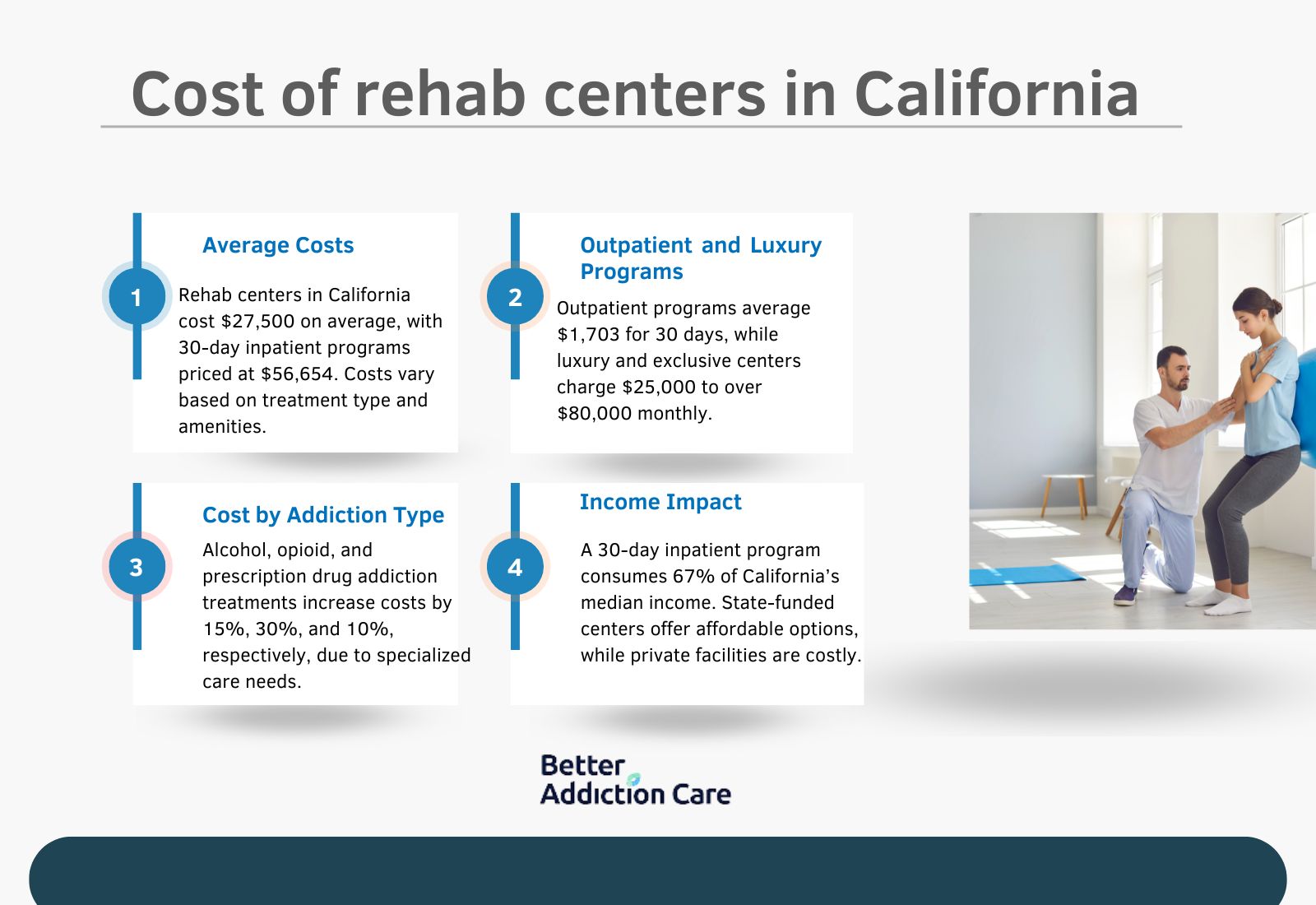
For example Alcohol Addiction Treatment increases costs by 15%, averaging $65,152, Opioid Addiction Treatment raises costs by 30%, totaling $73,650, and Prescription Drug Addiction treatment is 10% higher than the baseline, costing $62,319. These increases reflect the complexity of the addiction and the need for specialized medical care.
The average inpatient rehab cost of $56,654, a single 30-day treatment program consumes 67% of California's median income since the median household income of California is $84,000. Luxury rehab options far exceed the annual income. The cost of rehab centers is different for each type of rehab center. State-funded centers provide low-cost or free services, while private facilities are significantly more expensive.
What is the cost of LGBTQ+ rehab centers in California?
The cost of LGBTQ+ rehab centers in California ranges from $20,000 to $30,000. On average, inpatient treatment ranges from $15,000 to $30,000 per month, while outpatient programs generally cost between $5,000 and $10,000 monthly. Costs increase by up to 50% for specialized LGBTQ+ care due to tailored services and inclusive environments. For instance, if a standard program costs $20,000, the specialized LGBTQ+ treatment reaches $30,000, a 50% increase.
Costs for LGBTQ+ rehab centers in California vary based on the type of substance addiction and the level of care required. Treatment for opioid use often raises costs by 20-30%, adding $4,000 to $6,000 to a $20,000 program. In contrast, alcohol addiction treatment usually incurs a smaller increase of 10-15%.
The average household income in California is $84,000 per year. LGBTQ+ focused inpatient programs potentially costing up to $30,000 per month, this expense consumes 35% of the median annual income, making it difficult for many to afford without insurance or financial assistance.
The type of rehab center impacts costs. LGBTQ+ specific luxury rehab centers are 30-50% more expensive due to tailored services and enhanced facilities. More affordable options are available at non-profit or state-funded LGBTQ+ centers, costing 20-40% less than private facilities.
What is the cost of Faith-Based rehab centers in California?
The cost of Faith-Based rehab centers in California is $25,000 per month. For inpatient treatment, the cost of Faith-Based rehab centers in California ranging from $5,000 to $50,000 per month. Outpatient treatment at these facilities costs between $3,000 and $8,000 per month, which reduces overall expenses by 60-80% compared to full-time inpatient care.
Faith-Based rehab centers often offer a more affordable alternative compared to standard inpatient programs. Extending treatment beyond the 30 days to a 90-day program increases costs, bringing total expenses to $20,000 to $45,000. Additional services like pastoral counseling or specialized spiritual therapies add 10-20% to the base costs, raising monthly fees to as much as $12,000.
The cost of Faith-Based rehab centers fluctuates based on many various factors like treating severe addictions, like opioid or alcohol dependence, increases costs by 30-50%, raising the price to $32,500 to $37,500 per month. Another factor is insurance plans cover up to 80% of the total costs, significantly reducing the out-of-pocket expenses. Without insurance, individuals face the full monthly rate. Also opting for monthly payment plans or financing increase total costs by 10-20% due to interest or administrative fees.
The median household income of California is $84,000 per year, a one-month stay at an average Faith Based rehab ($10,000) represents a financial strain, accounting for 12% of a family’s annual income. Many Faith-Based centers offer sliding-scale fees or scholarships, significantly easing the burden for those without insurance.
The cost of Faith-Based rehab centers vary widely based on the facility type. Community supported programs like those offered by local churches or non-profits often provide low-cost or even free services. In contrast, more exclusive Faith-Based centers, offering private accommodations and enhanced spiritual resources, charge upwards of $20,000 per month due to added amenities and personalized care.
What is the cost of Men-Only rehab centers in California?
The cost of Men-Only rehab centers in California is $25,000. It ranges between $5,000 to $20,000 for standard 30-day residential programs. Luxury facilities, offering upscale amenities and services, cost between $30,000 and $80,000 per month. For instance, high-end centers like Cliffside Malibu charge up to $80,000 monthly.
Opioid addiction treatment in Men Only rehab centers tends to be higher, with costs increasing by 30% due to the inclusion of medication-assisted treatment (MAT), bringing monthly expenses to an average of $32,500. Alcohol addiction treatment also incurs a cost premium of 20%, driven by the need for extended detox and tailored therapies for men’s specific health needs.
Luxury Men-Only centers charge significantly more, often exceeding standard costs by 220%, averaging $55,000 extra per month due to exclusive amenities like private rooms, specialized fitness programs, and gender-specific counseling.
California’s median household income is $84,000, the cost of Men-Only rehab centers is $25,000 monthly, equating to nearly 35% of a family’s annual income, which makes affording treatment a challenge for many without adequate insurance or financial support. Expenses at Men-Only rehab centers differ based on the type of facility, whether it’s outpatient or residential, the length of the program, and the intensity of the services offered.
What is the cost of Women-Only rehab centers in California?
The cost of Women-Only rehab centers in California is $36,000. Women-Only Rehab Programs have Inpatient Residential treatment, where patients stay at the facility, costing between $12,000 and $60,000 for 60- to 90-day programs. The outpatient programs allow patients to live at home and usually cost $5,000 for a three-month program, though costs are higher depending on the facility. The cost depends on the treatment program type, duration, and services provided
Costs at Women-Only rehab centers vary widely depending on the type of addiction being treated. Alcohol Addiction programs cost 10-20% less compared to opioid or methamphetamine treatments, where the complexity of care adds an extra $1,200 to $12,000 per month. State-funded and non-profit Women-Only centers offer reduced fees or free services, often through grants, while private facilities charge significantly higher rates. State-funded options are usually 50-75% less expensive than private alternatives.
The median household income is $84,000 in California, a standard Women-Only program priced at $36,000 per month accounts for 39% of the annual income, creating financial strain for families lacking sufficient insurance coverage or financial aid.
What is the cost of Teen Rehab centers in California?
The cost of Teen rehab centers in California is $56,700. A 30-day residential program costs $44,000. Outpatient treatment, generally less costly, averages $8,000, and $80,000 for luxury residential treatments, with various factors influencing the final amount.
The cost of Teen Rehab in California depends on factors such as the type of program, its duration, and facility services. Medication-assisted treatment (MAT) programs cost $7,000, while sober living homes range between $1,500 and $2,000 monthly.
Costs at Teen Rehab centers vary significantly based on the type of addiction being treated. Programs addressing opioid addiction often involve medication-assisted treatment (MAT), increasing costs by 10-20%. For instance, a $56,700 program rose by up to $11,340 due to the additional expenses of MAT. In contrast, treatments for alcohol or mild substance abuse stay closer to average pricing.
The Median household income in California is $84,000 per year, a 30-day residential program for teens, priced $56,700, consumes 67% of a family’s monthly income. Affordability becomes a major issue when comparing costs of Teen rehab centers to median income of California. Luxury Teen Rehab centers with enhanced services, such as private accommodations and specialized therapies, charge as much as $80,000 per month, placing them well beyond the financial reach of most households without substantial insurance support.
What is the cost of Young Adult rehab centers in California?
The cost of Young Adult rehab centers in California is $53,561. The average cost of a 30-day residential program in California is $52,654, higher than the national average of $50,469. Outpatient options are generally less costly, averaging $8,000 per individual.
The opioid addiction affects overall expenses. Medication-assisted treatment (MAT) programs for opioid addiction cost $7,000 for outpatient care. Detox services add significant costs, increasing the total by $5,000 to $10,000, depending on the substance and medical requirements.
Young Adult rehab centers are costly, especially those offering luxury amenities like private rooms and holistic therapies, with prices reaching up to $80,000 per month, marking a 41% increase from the residential program cost.
The median household income in California is $84,097 per year, the average 30-day residential rehab cost of $53,561 equates to 67% of a family’s annual income, posing a significant financial challenge for many households. The total expense depends on the type of facility. Luxury rehab centers cater to young adults with enhanced amenities, driving up costs, while standard centers provide essential services at lower rates. Insurance covers part of these costs, but families need to verify specifics with their providers.
What is the cost of Luxury Rehab centers in California?
The cost of Luxury Rehab centers in California is $65,000, which equates to 77%. A 30-day program costs between $30,000 and $100,000, because it is influenced by factors like location, amenities, and reputation. Luxury rehab centers in California provide high-end services and personalized care that leads to elevated costs.
Facilities like Cliffside Malibu charge up to $80,000 per month, while the Betty Ford Clinic cost as high as $90,000 monthly. Luxury Rehab Services include private rooms, gourmet meals, spa treatments, and holistic therapies, contributing significantly to the expense. Most insurance plans offer limited coverage, and out-of-pocket payments are often required.
The addiction being treated influences the cost of treatment. For instance, Opioid addiction treatment cost $81,250 increases costs by 20% to 30%. Alcohol addiction programs cost $74,750 making it 15% more expensive. Cocaine addiction treatment $71,500 per month increases costs by 10%.
The median annual household income in California is $84,097. An average luxury rehab stay costs $65,000, it accounts for 77% of the median income. The annual household income indicates that Luxury rehab services are largely unaffordable for many households without significant financial resources or insurance coverage.
The type of Luxury rehab center also impacts the cost. Luxury centers start at $30,000 and exceed $100,000. Standard rehab centers charge between $5,000 and $20,000 per month. Executive rehab facilities range from $20,000 to $50,000 monthly.
What is the cost of Dual Diagnosis rehab centers in California?
The cost of Dual Diagnosis rehab centers in California is $20,000. The Inpatient programs consist of 30-Day treatment which costs $20,000 ranges from $10,000 to $30,000. A 60-90 Day treatment costs $36,000 which ranges from $12,000 to $60,000. The cost of outpatient programs is $5,700 ranges from $1,400 to $10,000. Luxury centers of Dual Diagnosis cost up to $80,000 per month. The cost of Dual Diagnosis rehab centers depends on the treatment type, facility features, and program duration
Dual Diagnosis rehab centers, which treat both substance abuse and co-occurring mental health disorders, tend to have higher costs due to the need for specialized care. For alcohol addiction, expenses increase by 30% because of the intensive detox and medication required, raising a 30-day program to $26,000. Opioid addiction treatments, involving medication-assisted therapy (MAT), often see a 45% cost increase, bringing a 60-90 day program to $52,200.
The median household income is $84,000 per year. The cost of Dual Diagnosis rehab centers costing $20,000 consumes 24% of annual income, posing a significant financial burden. Programs that run longer or require additional mental health services demand an even larger share of yearly earnings, highlighting affordability concerns. Luxury dual diagnosis centers, offering comprehensive services and private accommodations, are priced significantly higher. In contrast, non-profit facilities or those with sliding-scale fees offer more affordable options, making them accessible for families with limited financial resources.
Is Drug Abuse and Addiction a problem in California?
Yes, drug abuse and addiction is a problem in California because it critically impacts a wide range of adults aged 12 and older. 2.9 million Californians aged 12 and older (9% of the population) have experienced substance addiction in the past year. Of these, alcohol addiction affected 6%, and illicit drugs affected 4%. The opioid crisis has seen a sharp increase, especially due to the rise in synthetic opioids like fentanyl. California reported 5,942 deaths related to fentanyl from September 2022 to September 2024, accounting for 86% of all opioid-related fatalities. The opioid-related fatalities highlight the growing danger of synthetic opioids in California. The rising availability of synthetic opioids, increasing substance use among adolescents, and the evolving nature of drug trends have made it difficult to fully curb the crisis.
Is Alcoholism a problem in California?
Yes, alcoholism is a problem in California. Data reveal that 9% of Californians aged 12 and above met the criteria for a substance addiction recently, with alcohol as a key contributor. California’s healthcare burden from alcohol misuse is evident because of long-term health problems. California saw 19,335 deaths annually linked to excessive alcohol consumption in the 2022-2024 period, a 20% rise from 2019-2021.This translated to 492,097 years of potential life lost per year, highlighting the severe societal impact.
Emergency hospital visits due to alcohol highlight its severity. In 2024, there were 236,296 emergency department visits and 175,801 hospitalizations related to alcohol with males showing higher rates of these incidents than females.
Youth alcohol use is a concern because between 2021 and 2024, 7% of 7th graders,15% of 9th graders, 23% of 11th graders, and 29% of students in alternative programs reported recent alcohol or drug use. Early drinking significantly raises the risk of developing substance use disorders later in life. Broad strategies are used to tackle alcoholism such as prevention initiatives, accessible treatment options, and public education to reduce its effects on health and safety.
Is Mental Health a problem in California?
Yes, Mental health is a problem in California as 1 in 7 adults in California deals with mental health problems, while 1 in 26 faces severe conditions that disrupt their daily lives. 1 in 14 children experience emotional disturbances affecting their family and school involvement. California's mental health system has been criticized by the California Department of Managed Health Care (DMHC) for its fragmentation, creating challenges across jails, hospitals, and educational settings.
California has launched several reforms to strengthen mental health support. In March 2024, Proposition 1 was passed, securing $6.38 billion in bonds to finance housing and behavioral health services for veterans and the homeless. Governor Gavin Newsom announced a $3.3 billion initiative to build more behavioral health treatment centers, focusing on homelessness and substance abuse treatment.
Ongoing issues remain, including a lack of mental health professionals and unequal access to care. California is working to address mental health challenges and improve the effectiveness of its mental health system.
Can you travel to California for rehab?
Yes, you can travel to California for rehab because it provides three distinct advantages that make California a practical option. Firstly, California is home to a wide range of reputable, high-quality treatment centers, including specialized facilities like Laguna Treatment Center, which offer evidence-based approaches such as medical detox, inpatient care, and aftercare services tailored to individual needs. Secondly, the change of environment plays a critical role in the recovery process by removing familiar triggers. California's serene natural beauty and mild climate create a calming atmosphere conducive to healing. Thirdly, many centers assist with logistics, from travel arrangements to detailed guidance on what to bring, ensuring a smooth transition into the program.
Can Addiction be treated in California?
Yes, addiction can be treated in California as California provides extensive addiction treatment services, including detox programs, inpatient and outpatient care, and medication-assisted therapies. The state of California hosts well-known facilities like Cliffside Malibu and Phoenix House California, which offer tailored recovery plans. California has also enacted laws to improve access to addiction treatment, such as SB 1109, which increased educational requirements for opioid prescribers and mandated clear warnings on prescriptions to combat misuse. Initiatives like the CARE Court program address mental health and addiction needs, showing California's commitment to comprehensive and accessible support.
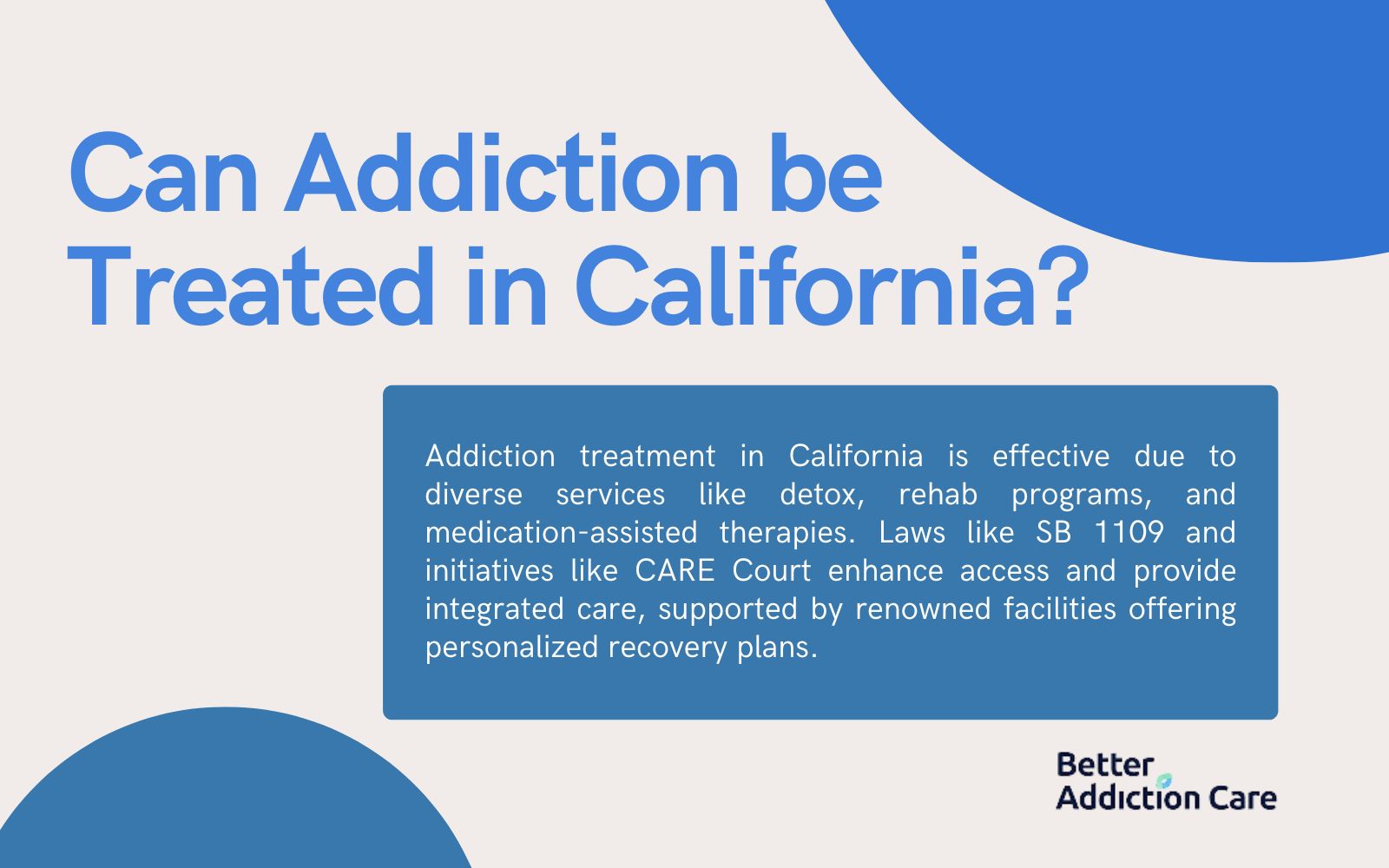
The first reason is California offers a variety of specialized treatment centers and programs. Secondly, California legislation aims to reduce substance misuse through stricter regulations. Thirdly, Programs like CARE Court focus on integrated treatment for complex cases.
What is the State of California?
The State of California is the most populous state in the United States, with 39 million residents, divided almost equally between 19,485,836 male and 19,642,349 female populations. California is located on the western coast. The state of California shares its northern border with Oregon, eastern borders with Nevada and Arizona, and has the Pacific Ocean to the west. California covers 164,000 square miles (423,970 square kilometers). The state of California ranks as the third-largest state by area.
California's diverse geography includes the Sierra Nevada mountains, the fertile Central Valley, and the Mojave Desert. California is the nation’s top agricultural producer, known for its high output of fruits, vegetables, and nuts. Economically, it holds the largest state economy in the U.S., with a gross state product of $4.0 trillion as of 2024, which makes it one of the wealthiest states. Its economic strengths lie in technology, entertainment, and agriculture.
What is the population of California?
The population of California is 39,128,186. State projections suggested an increase of about 67,000 (9.0%) residents. This growth results from higher rates of legal international immigration, lower mortality rates, and fewer people relocating out of California. Despite fluctuations, California remains the most populous state in the U.S., with significant demographic details to consider, including gender and age distribution.
According to the 2024 Census, gender-wise, the male population is 19,474,000 (49.8%), and the female population is 19,654,000 (50.2%). By age group, 23% are under 18, 64% are aged 18-64, and nearly 13% are 65 and older. These figures highlight slight demographic shifts with notable impacts on economic and social services planning.
What is the income of people from California?
The income of people from California is $91,905. The per capita income (income per person) in California is $81,255. Income data varies significantly by region. Santa Clara County had one of the highest median household incomes at $130,890, while Madera County reported a lower median income of $76,920.
Income distribution by gender shows disparities, with men earning a median income of $58,000 and women earning $48,000 on average. By age, individuals aged 25 to 44 reported higher incomes, averaging $84,076, while those over 65 had median incomes closer to $57,034. These differences reflect variations in regional industries, living costs, and employment opportunities.
Local Rehabs in California
Common Questions About Better Addiction Care
Take a look at our FAQ. We've tried to fill it with all the answers you're looking for. And if not, contact us on (800) 429-7690.
The average total cost of a rehab program in California is $56.654. However, the actual cost for you may vary depending on the type of rehab center you want to enroll in and the services they provide. Daily fees can ascend to $629.49 for patients looking for inpatient rehab without insurance. These costs can be significantly reduced depending on your insurance coverage. For those with 60% insurance coverage, costs can be around $251.80, while it can also be as low as $125.90 for an insurance coverage of 80%.
California Rehabilitation Institute is ranked as the 21st best rehabilitation hospital in the nation by U.S. News & World Report for the 2023-2024 period.





